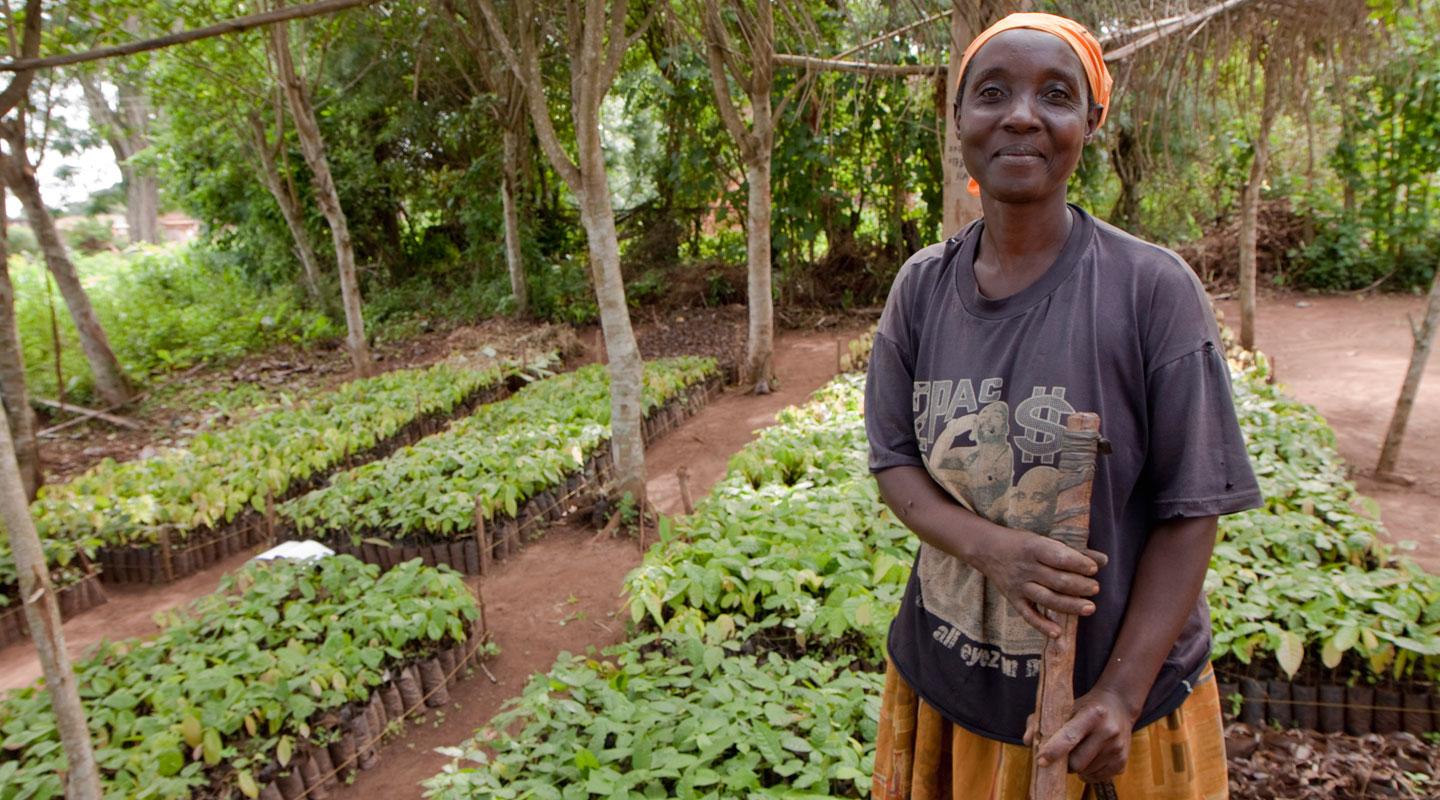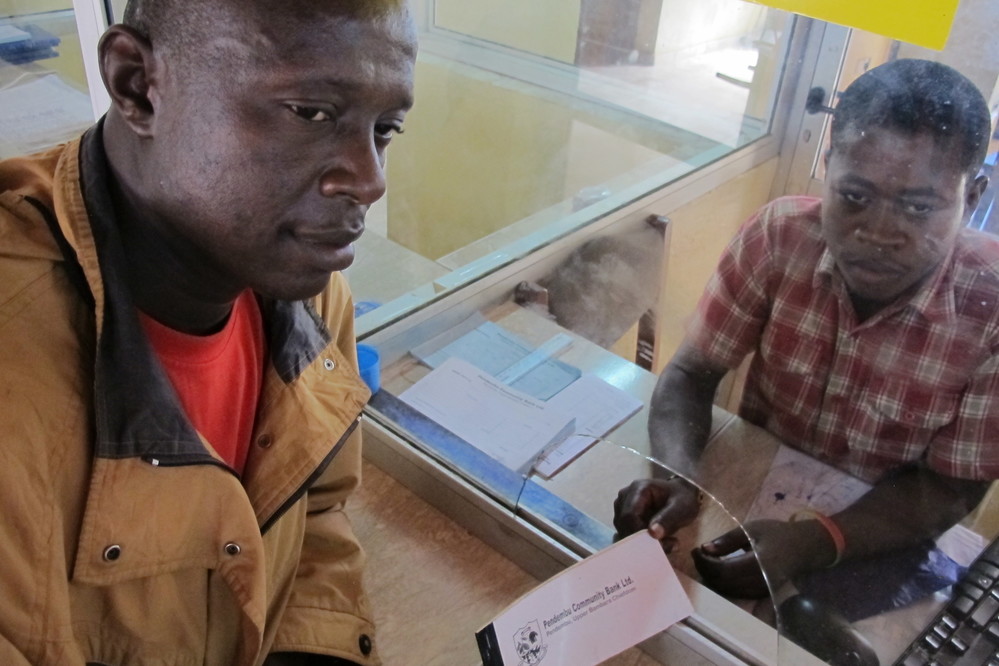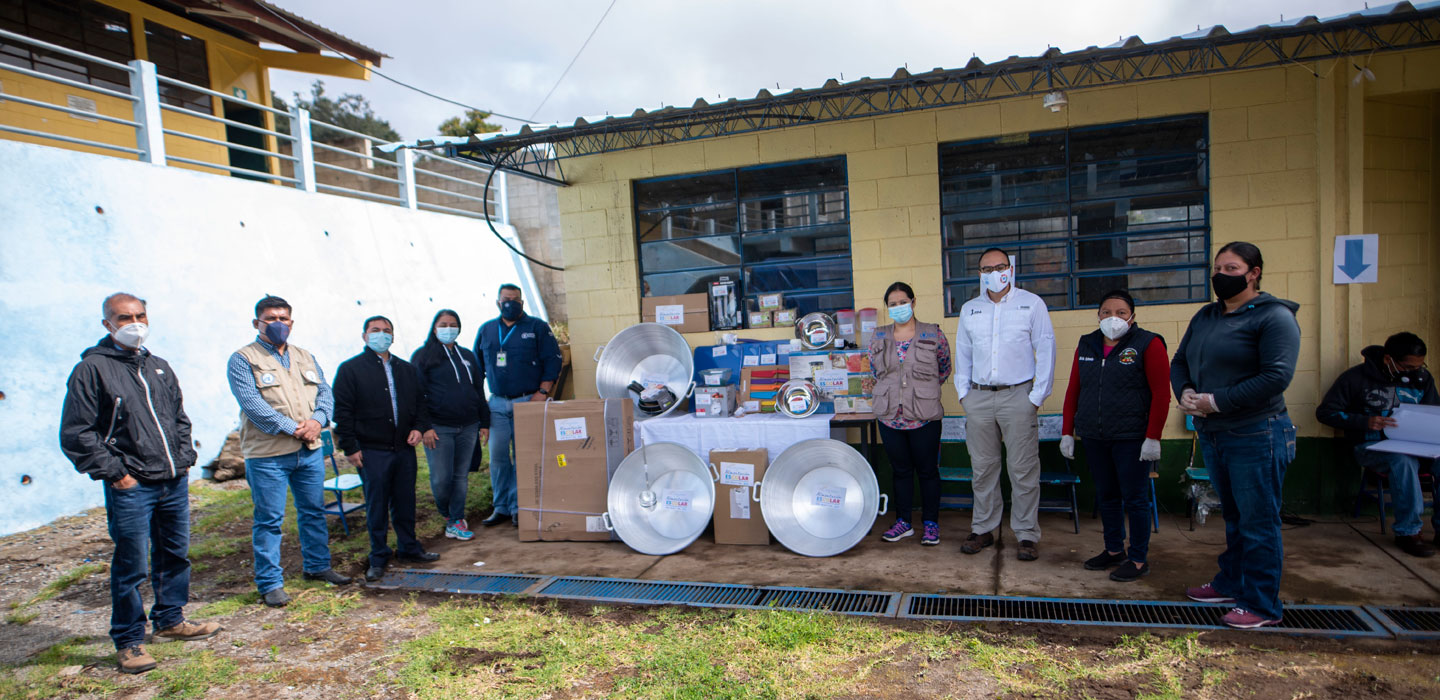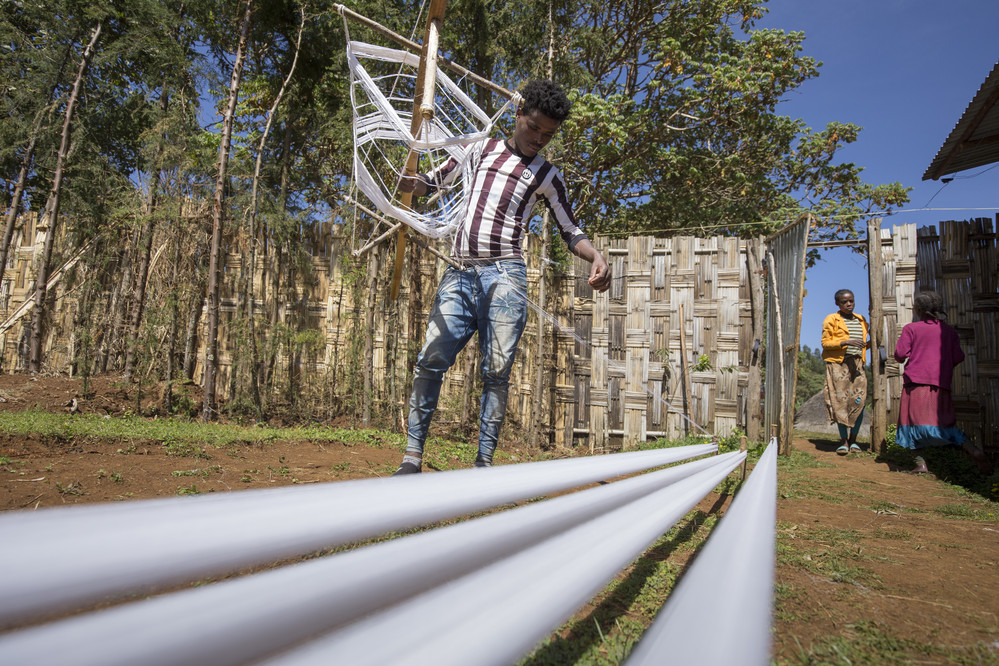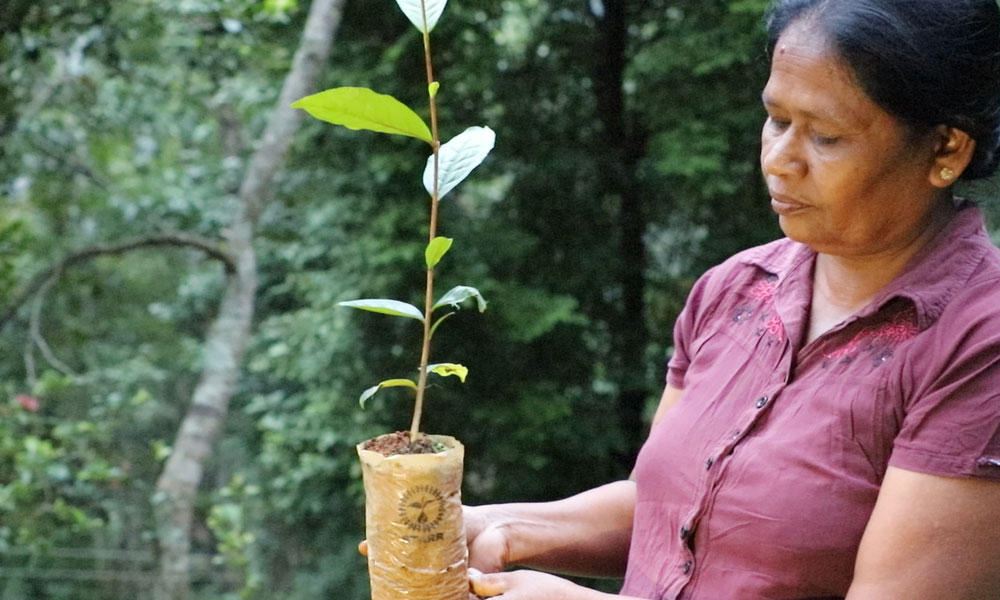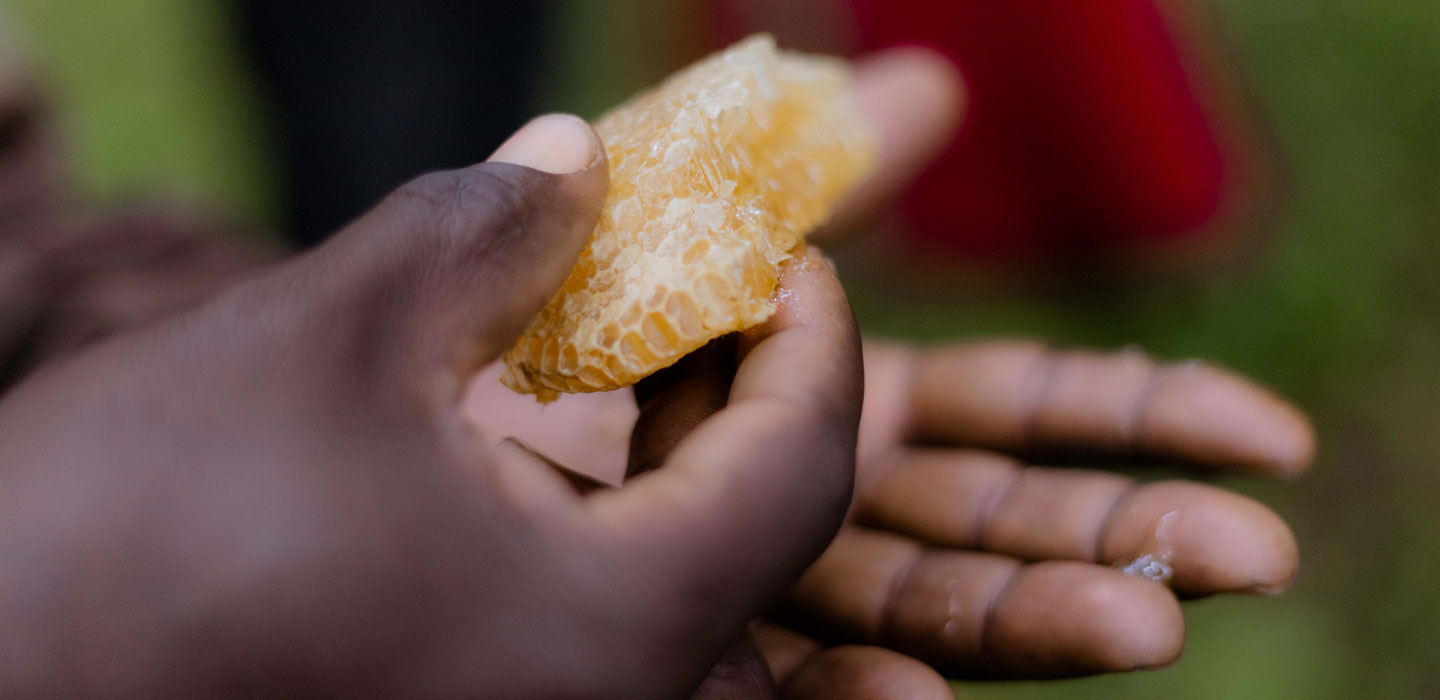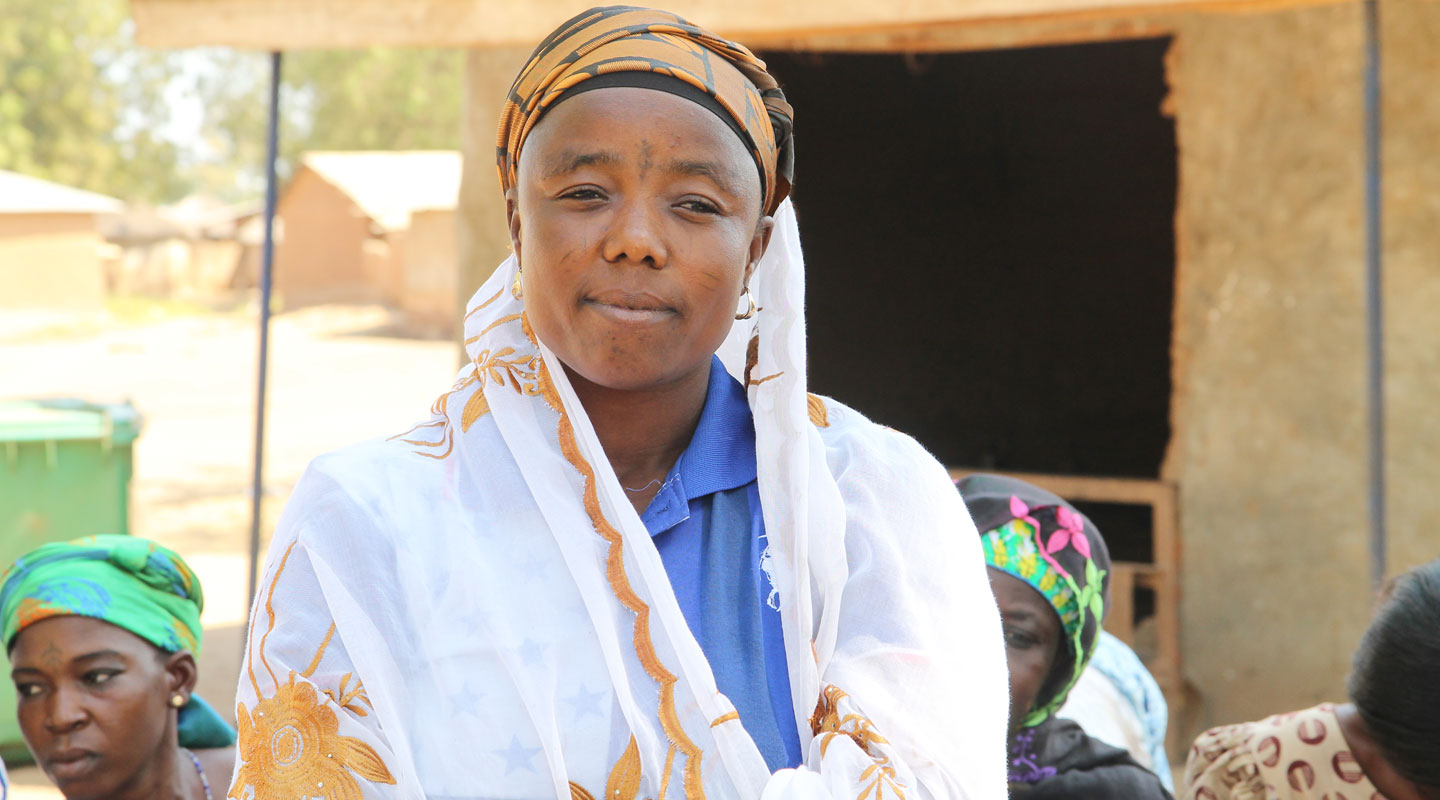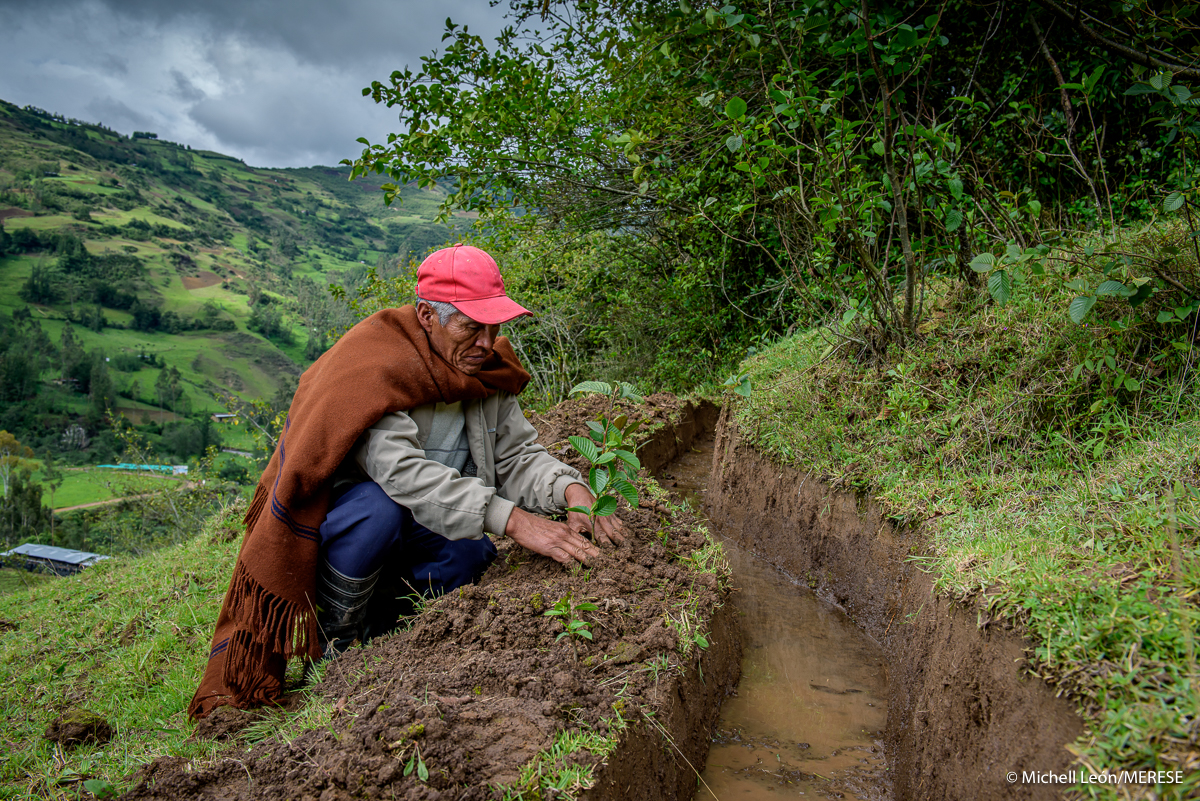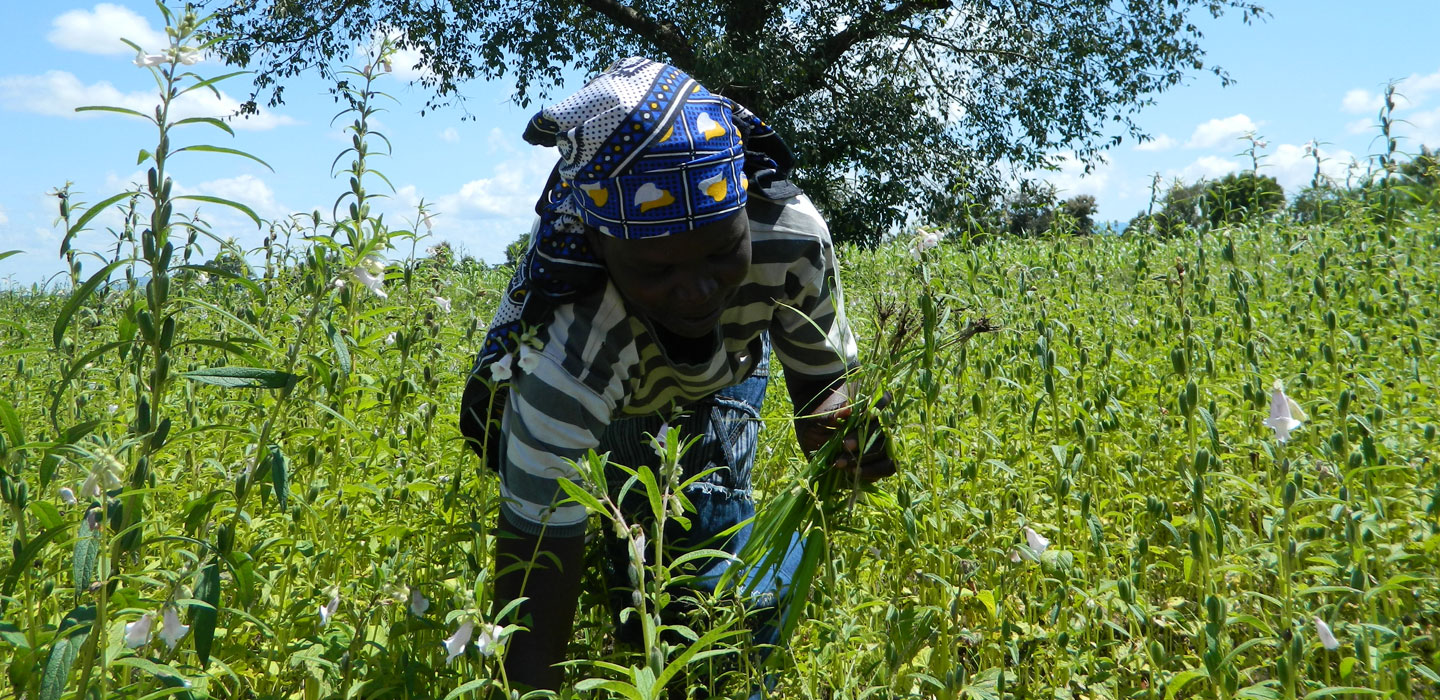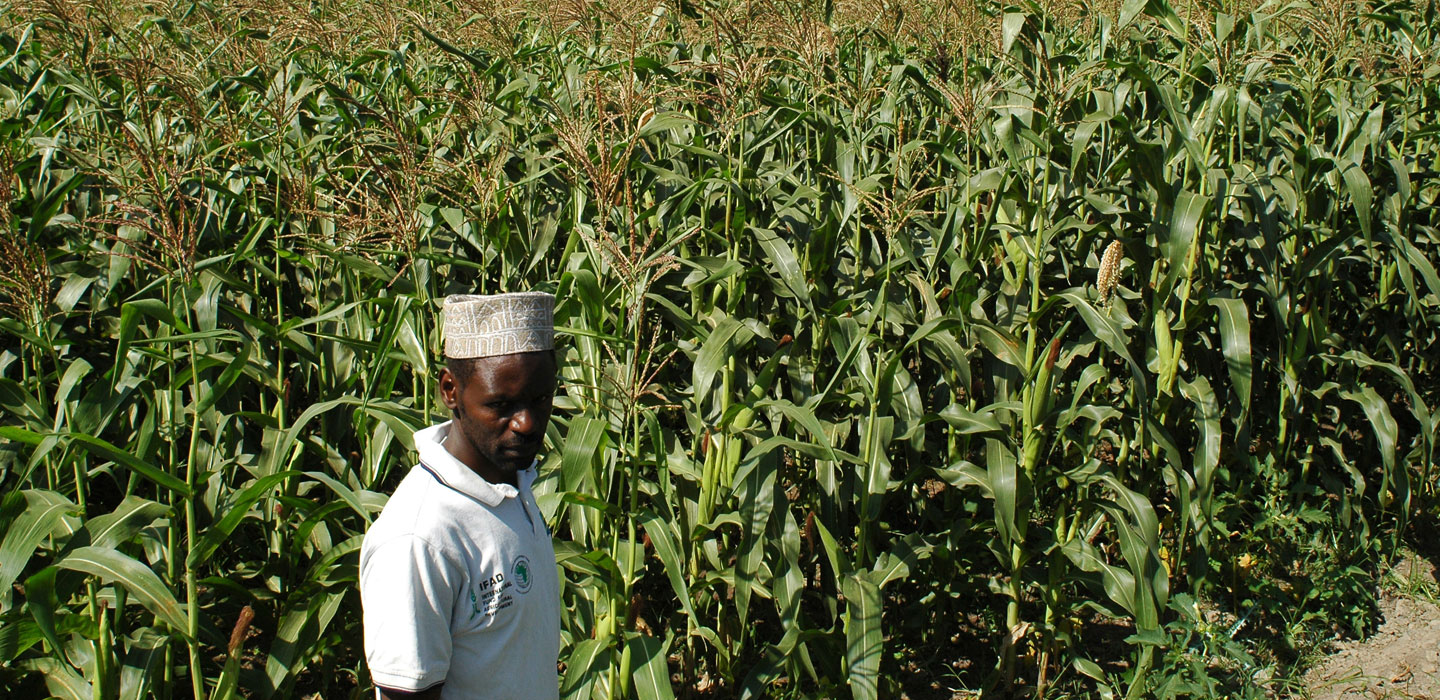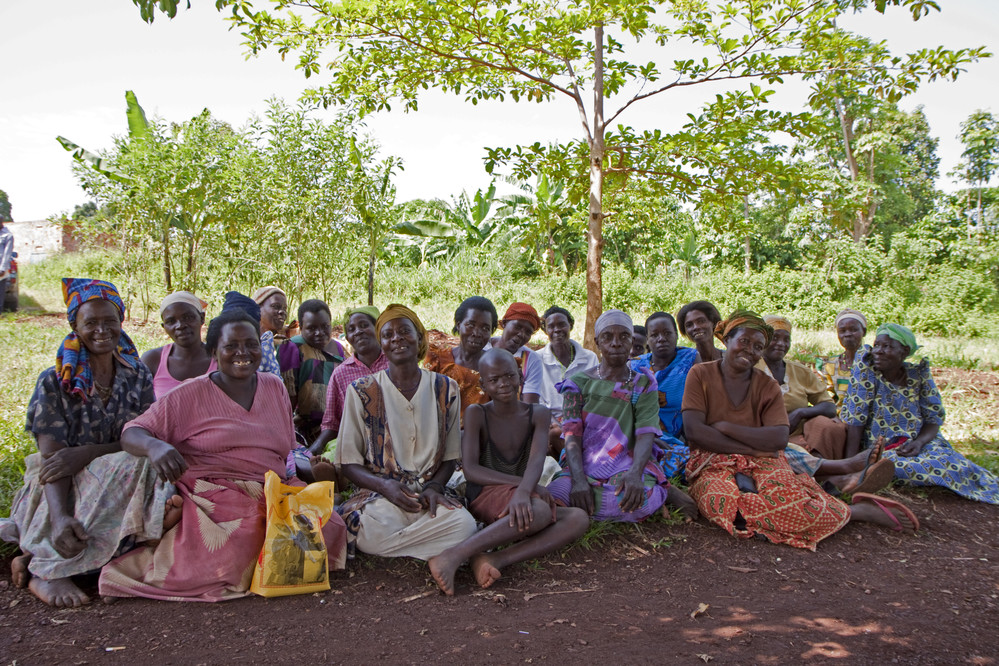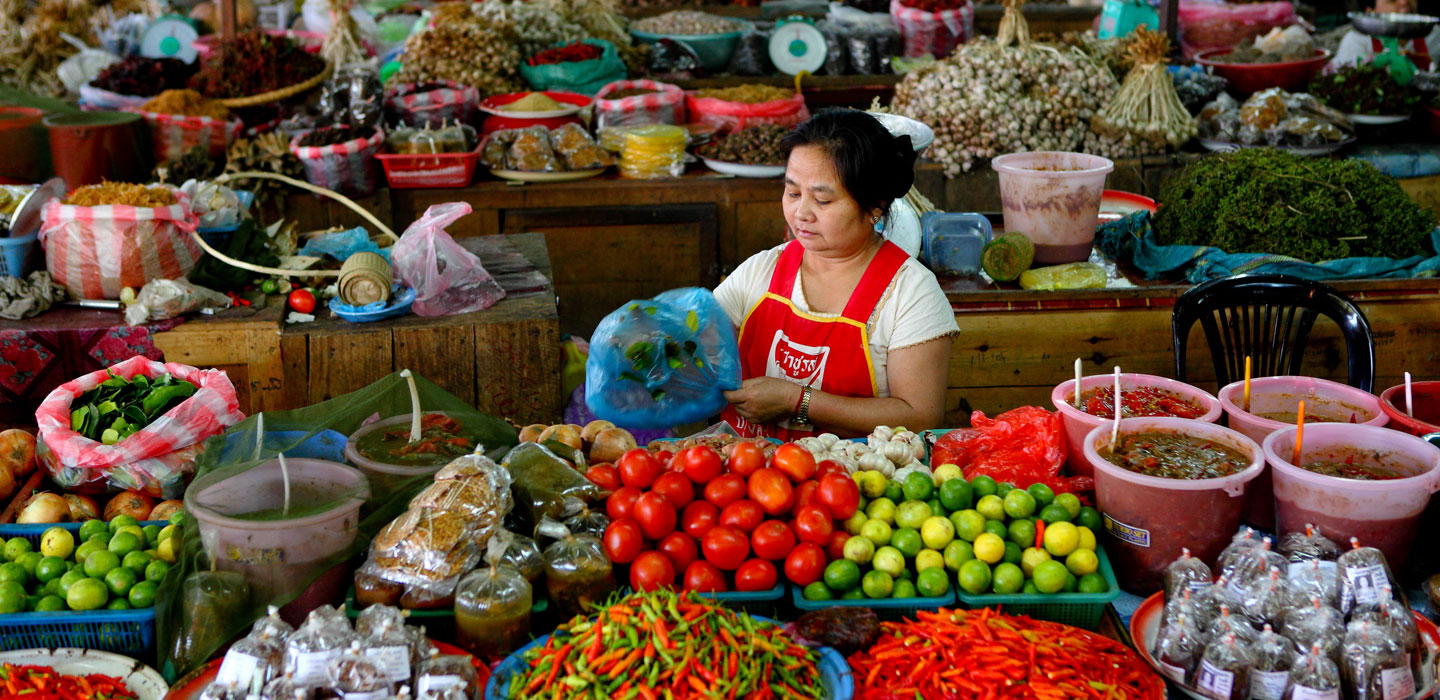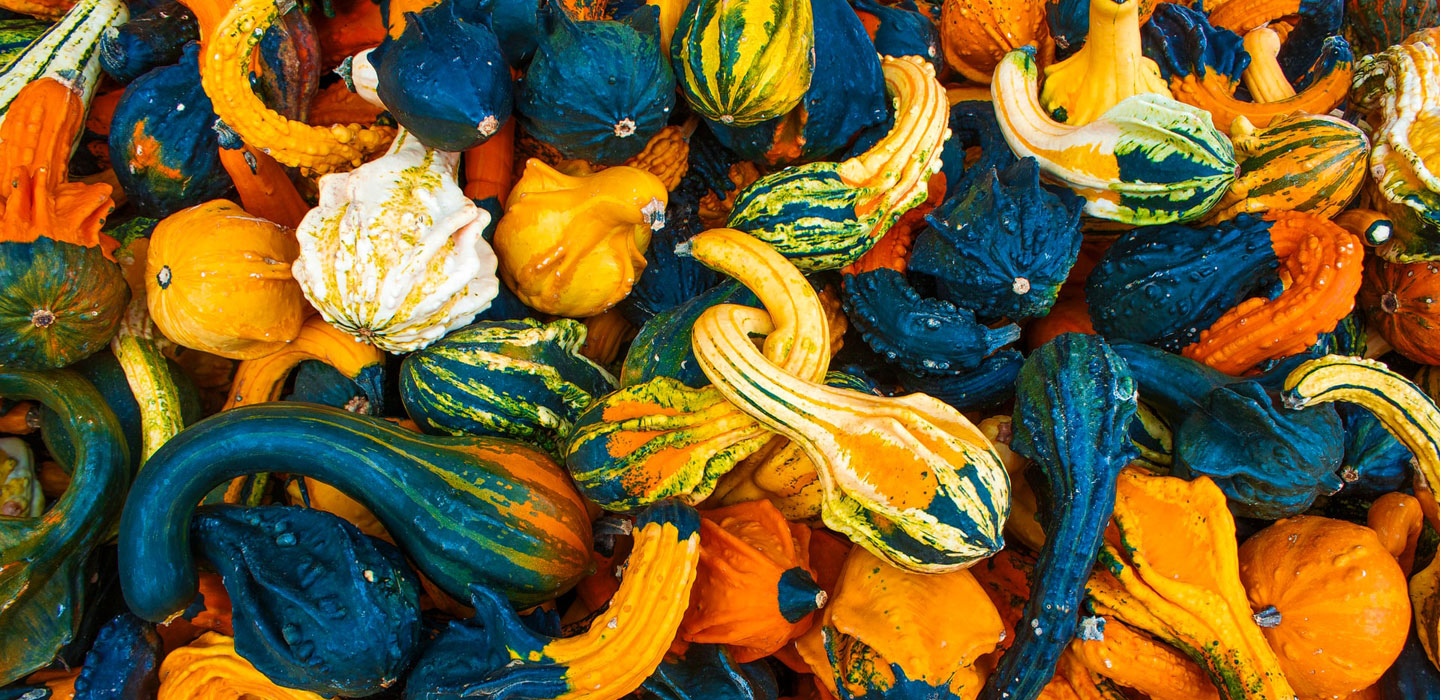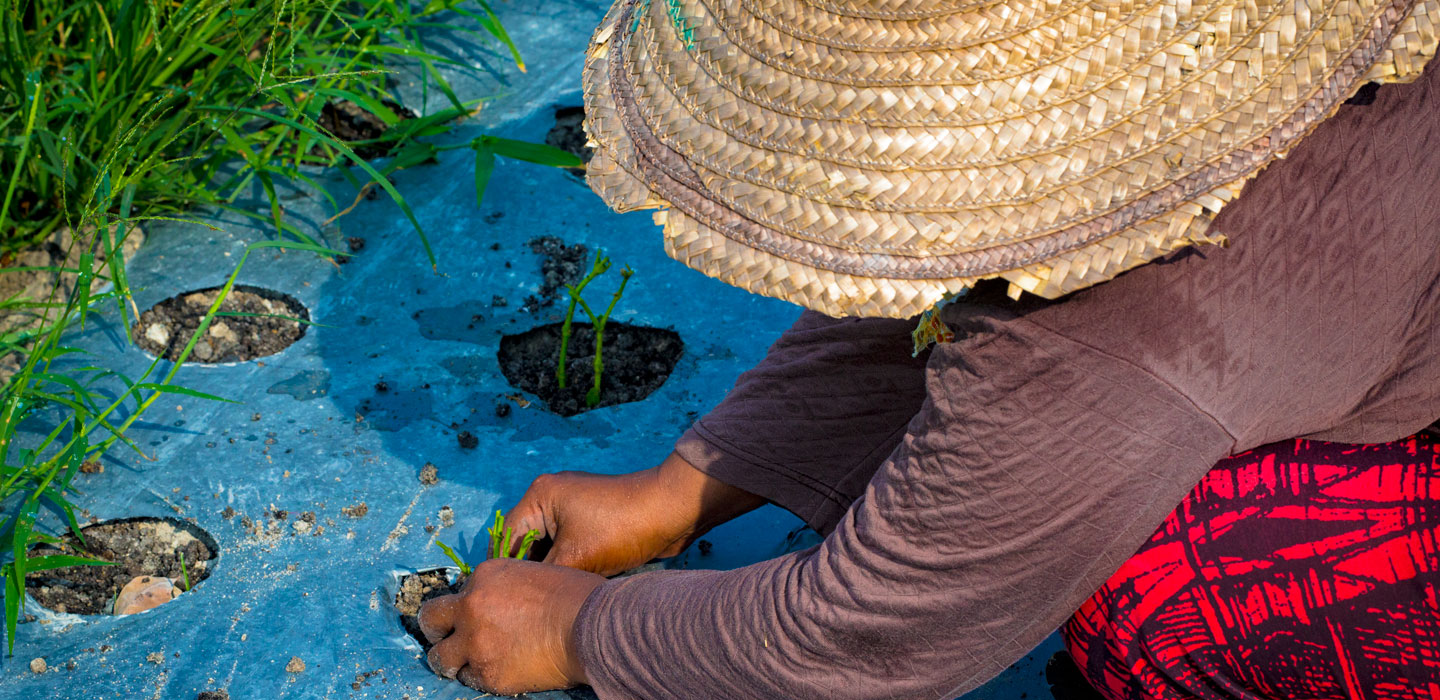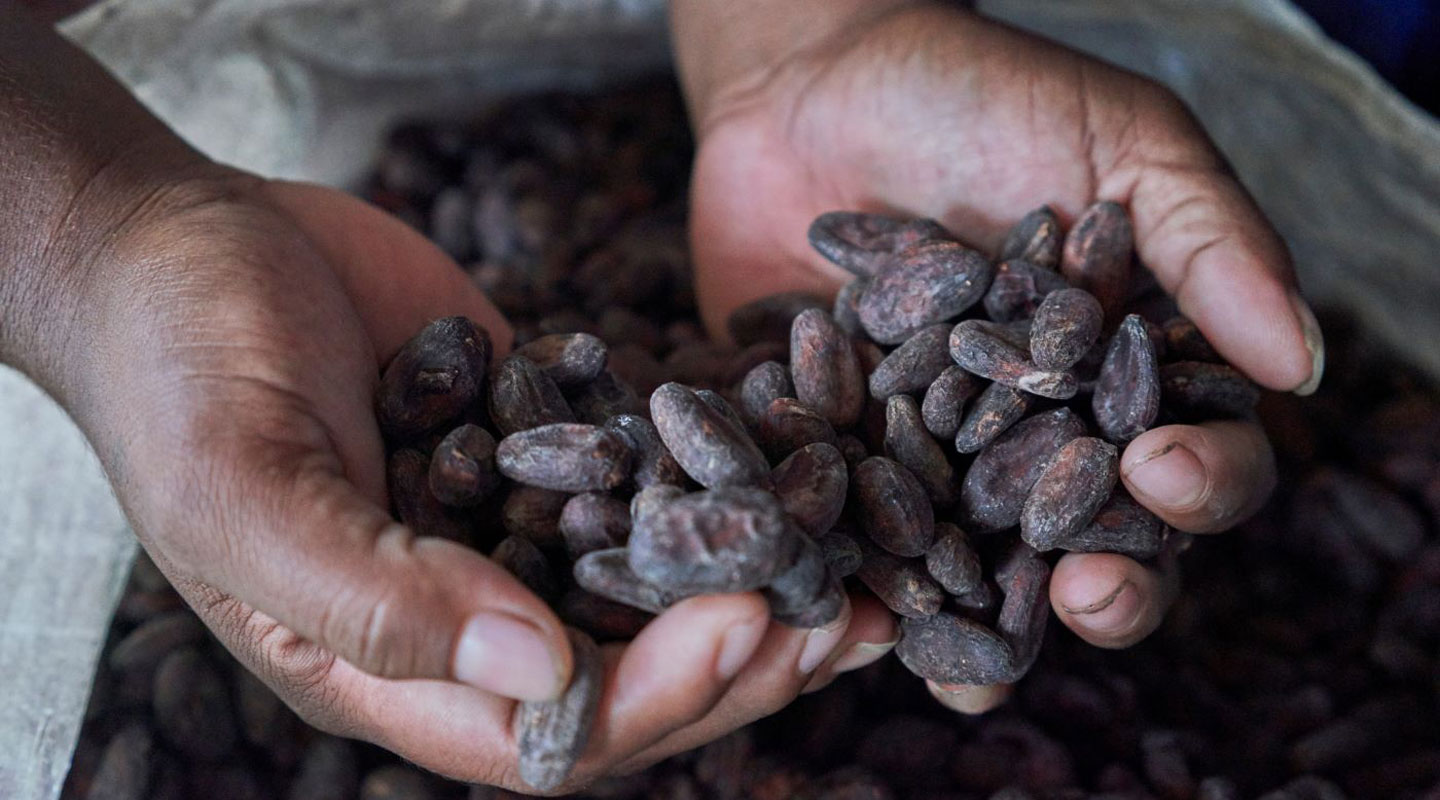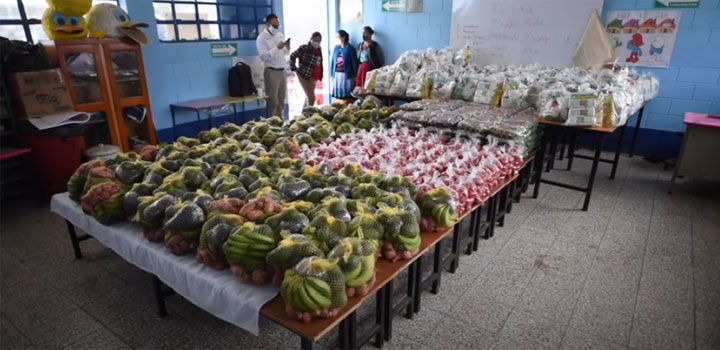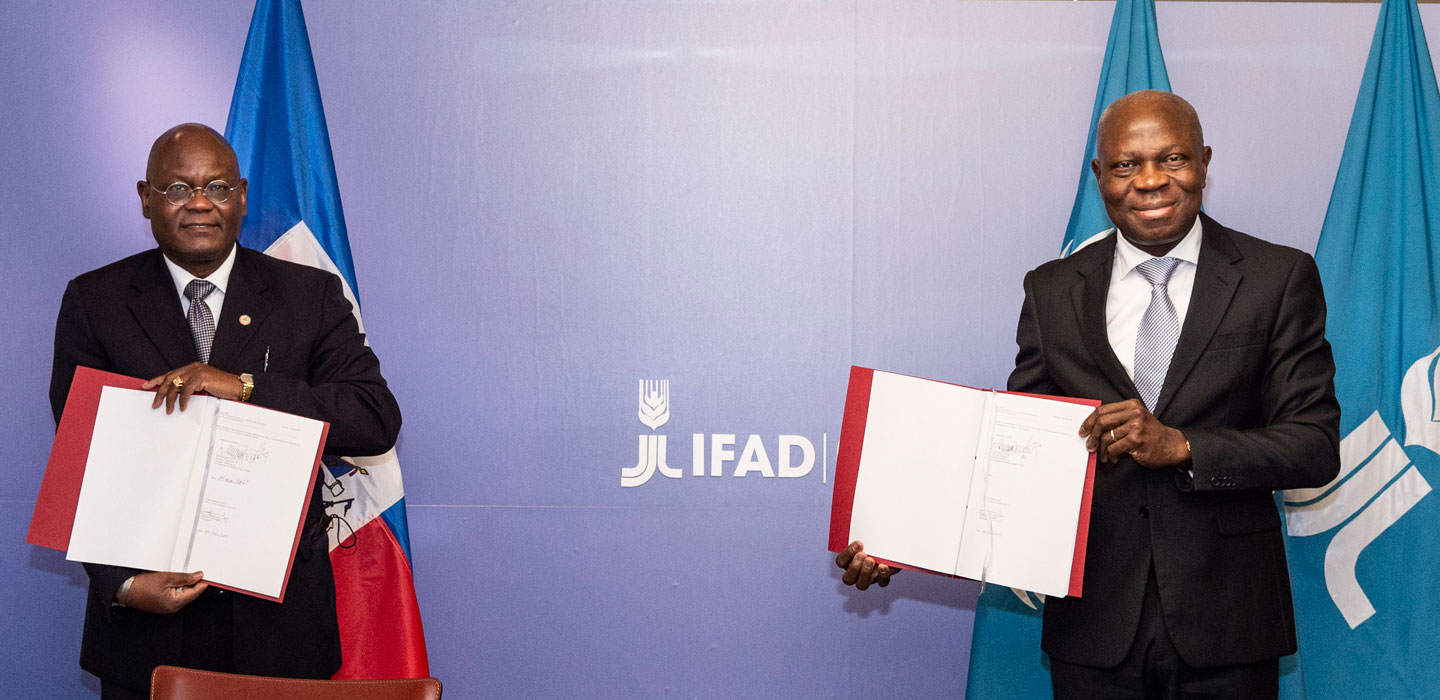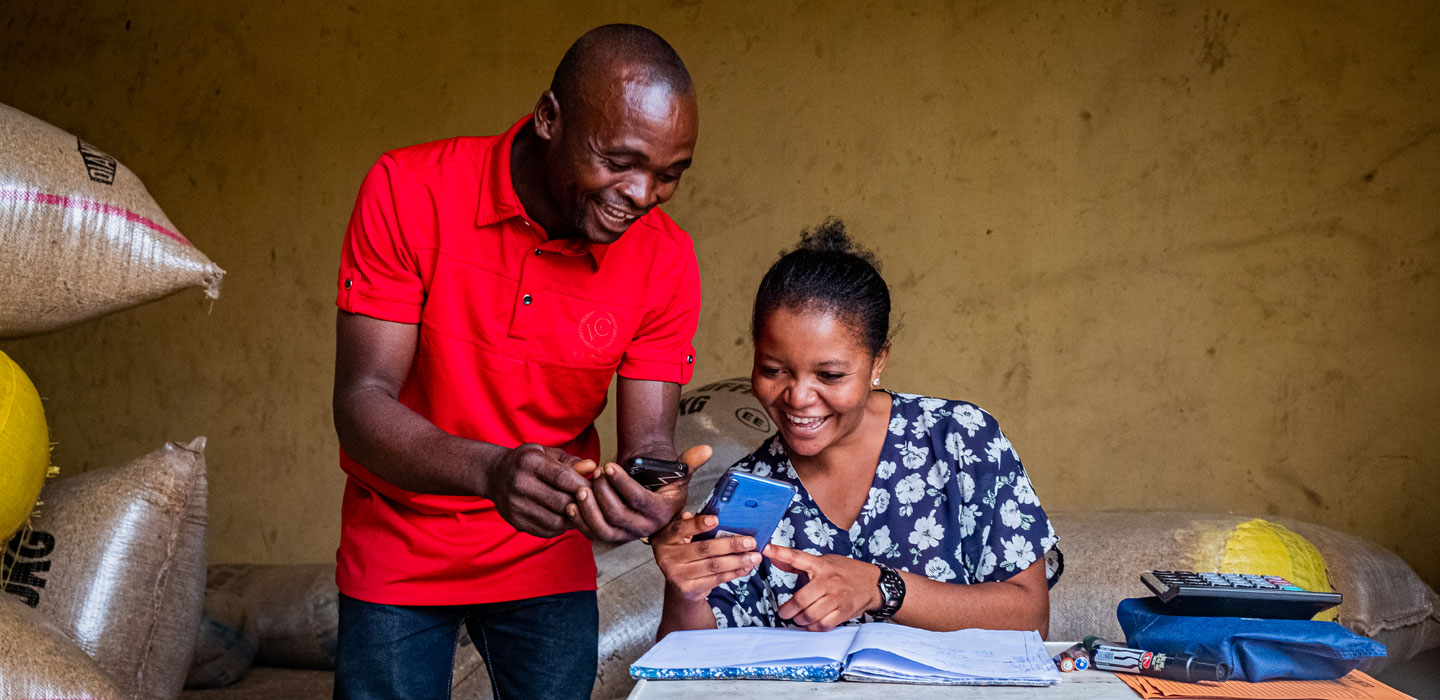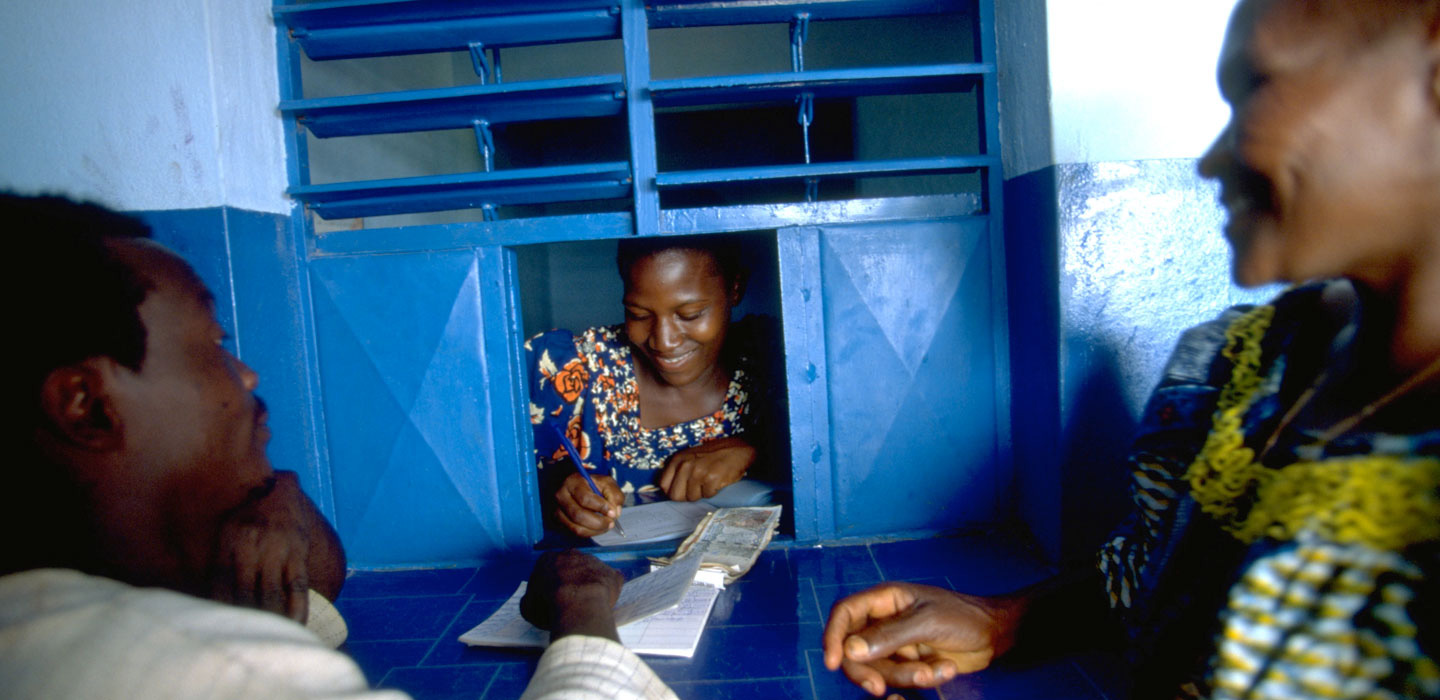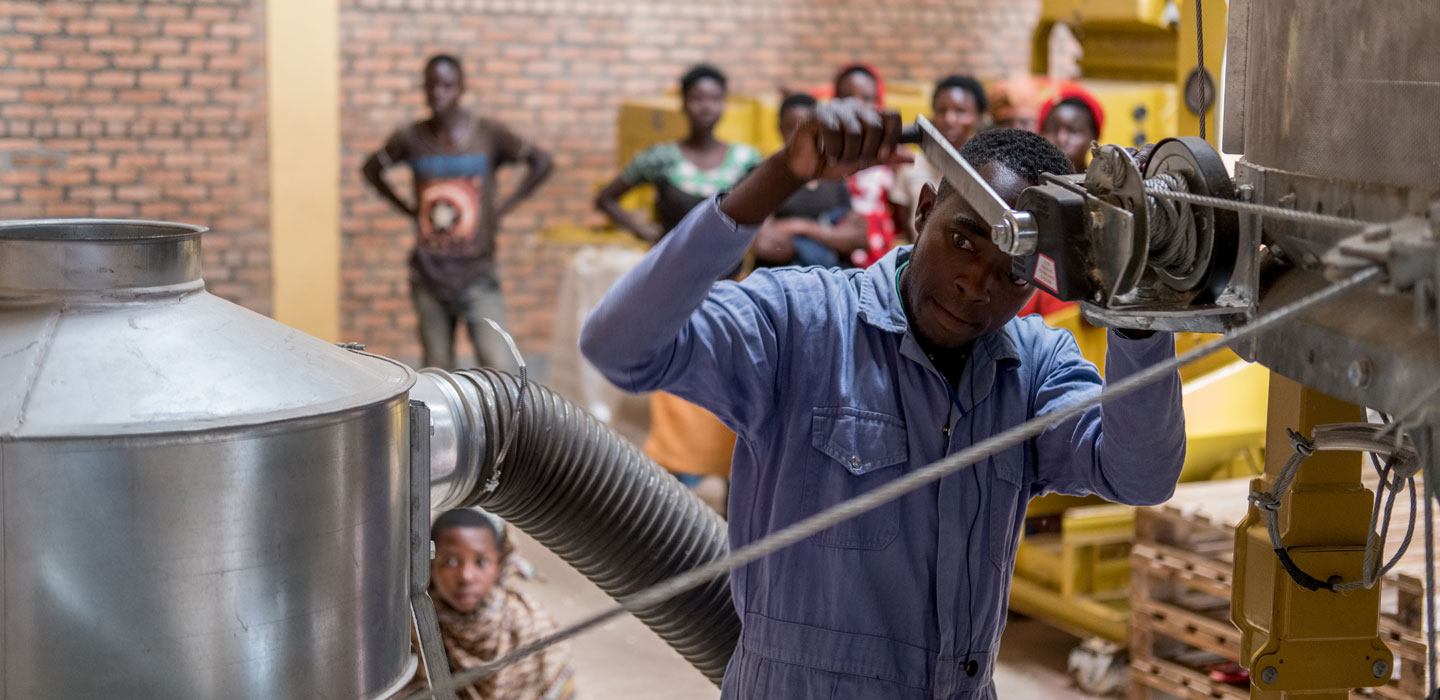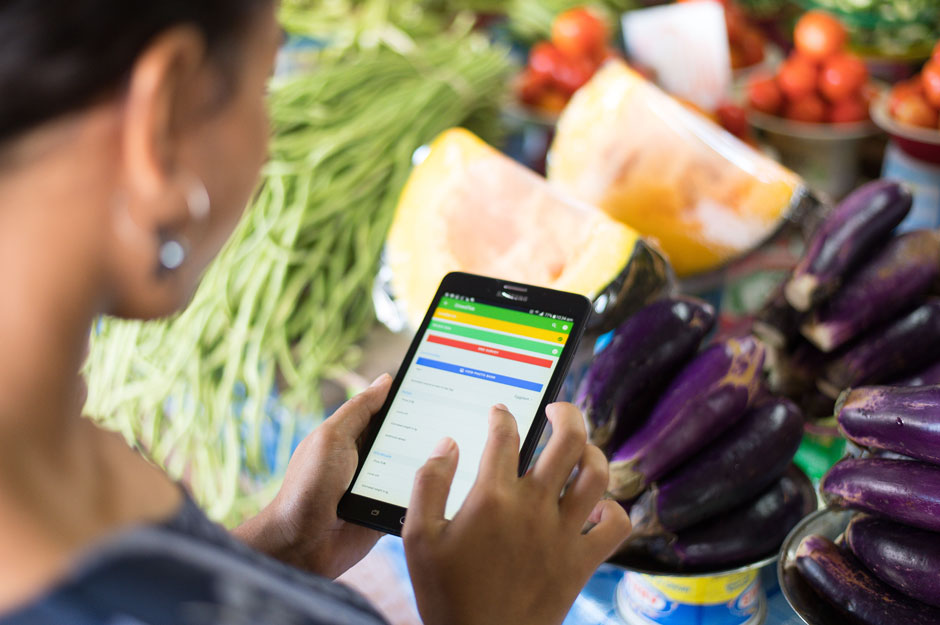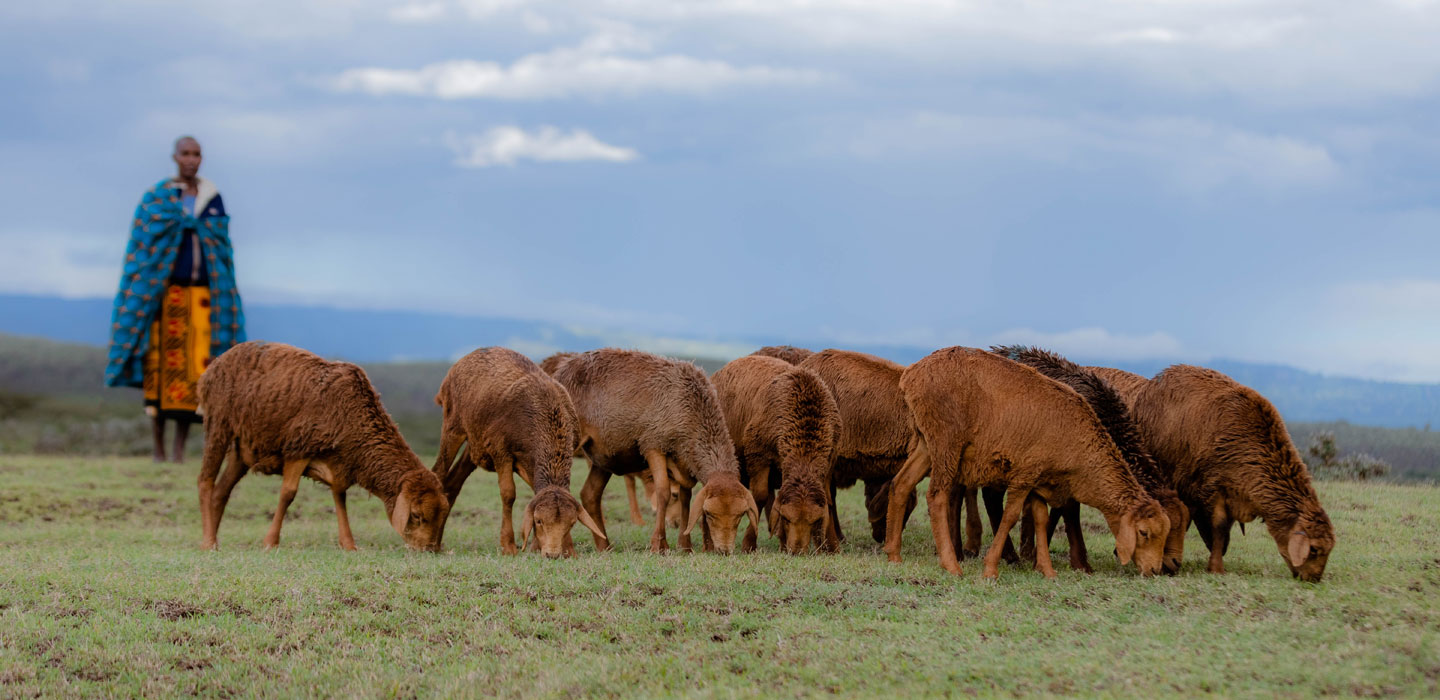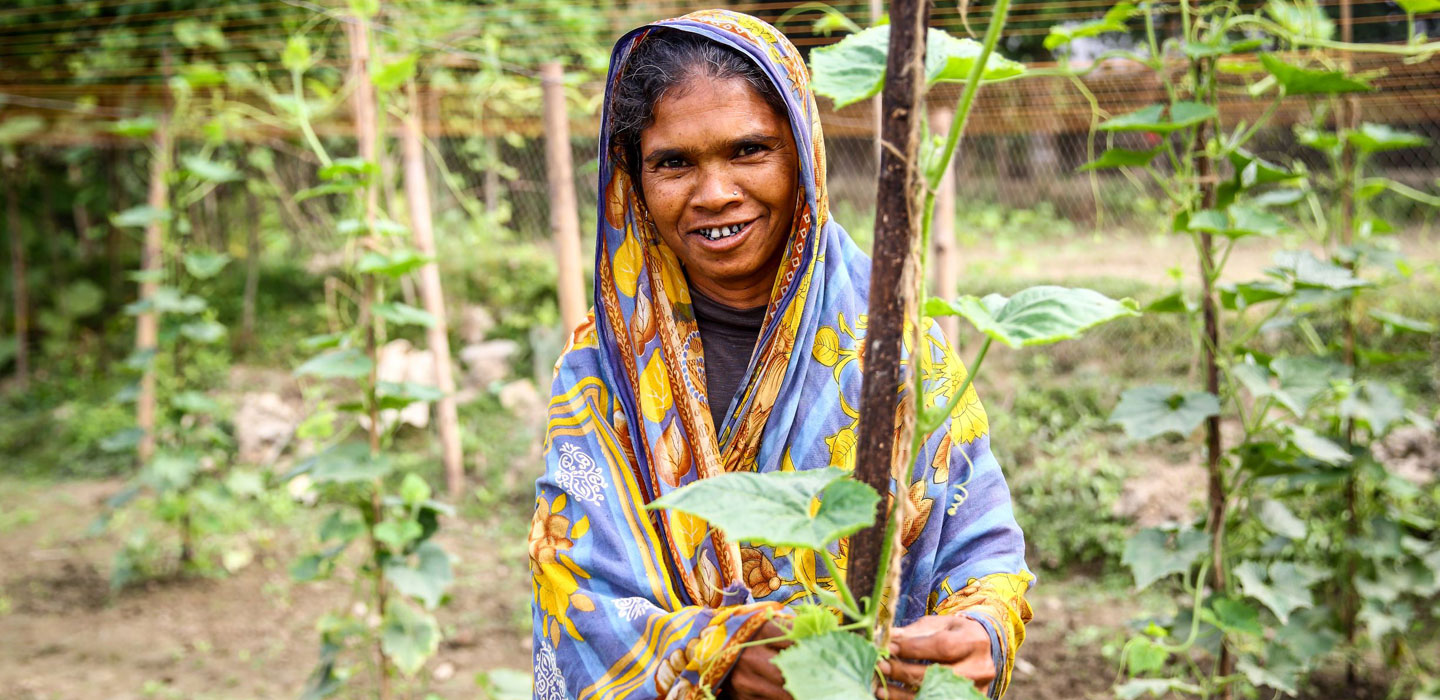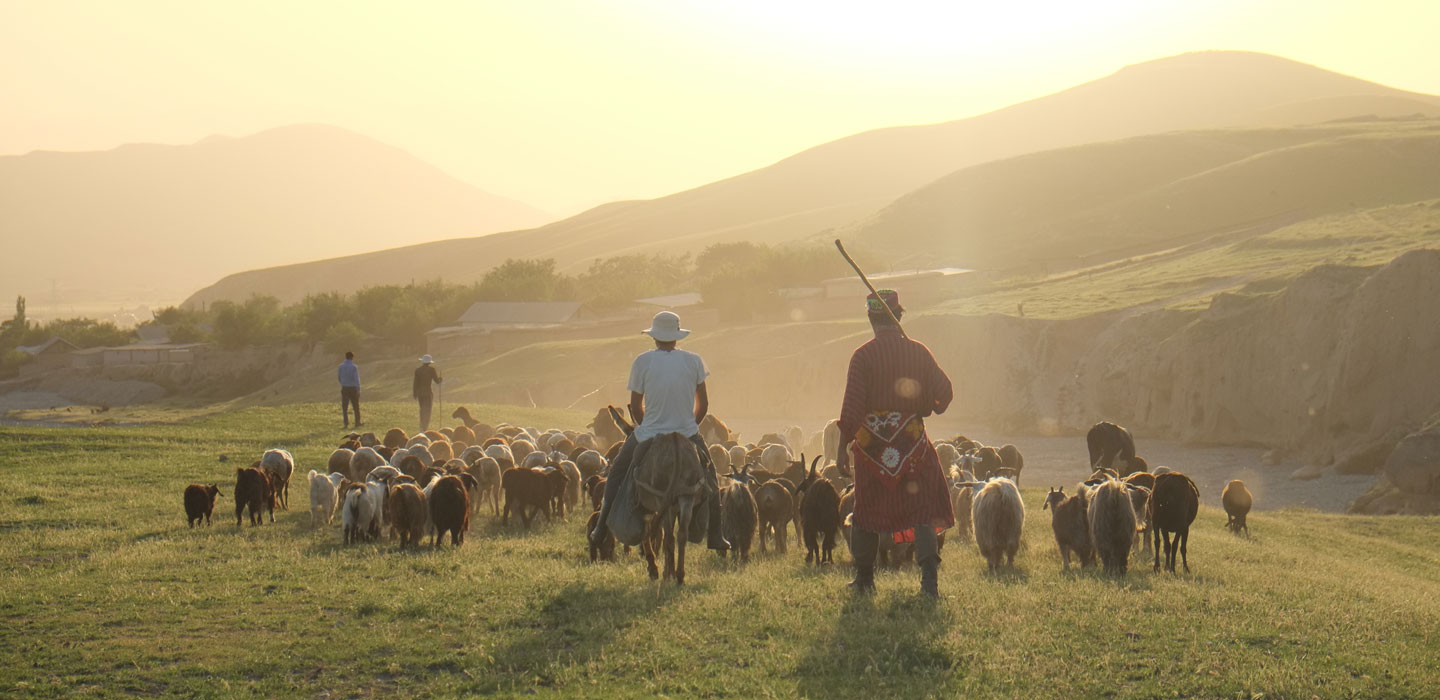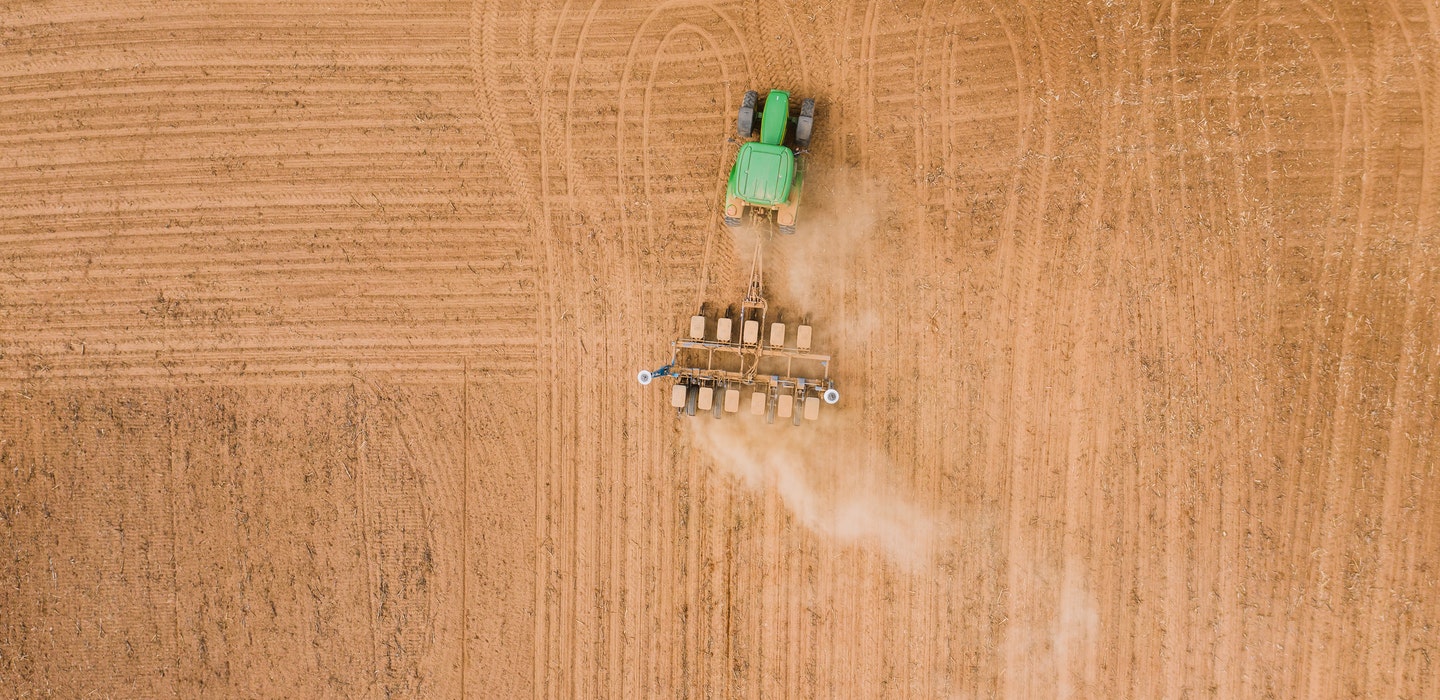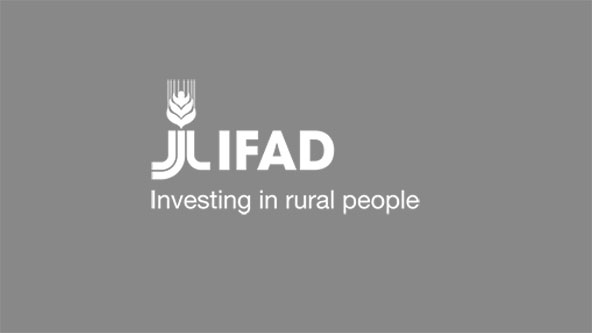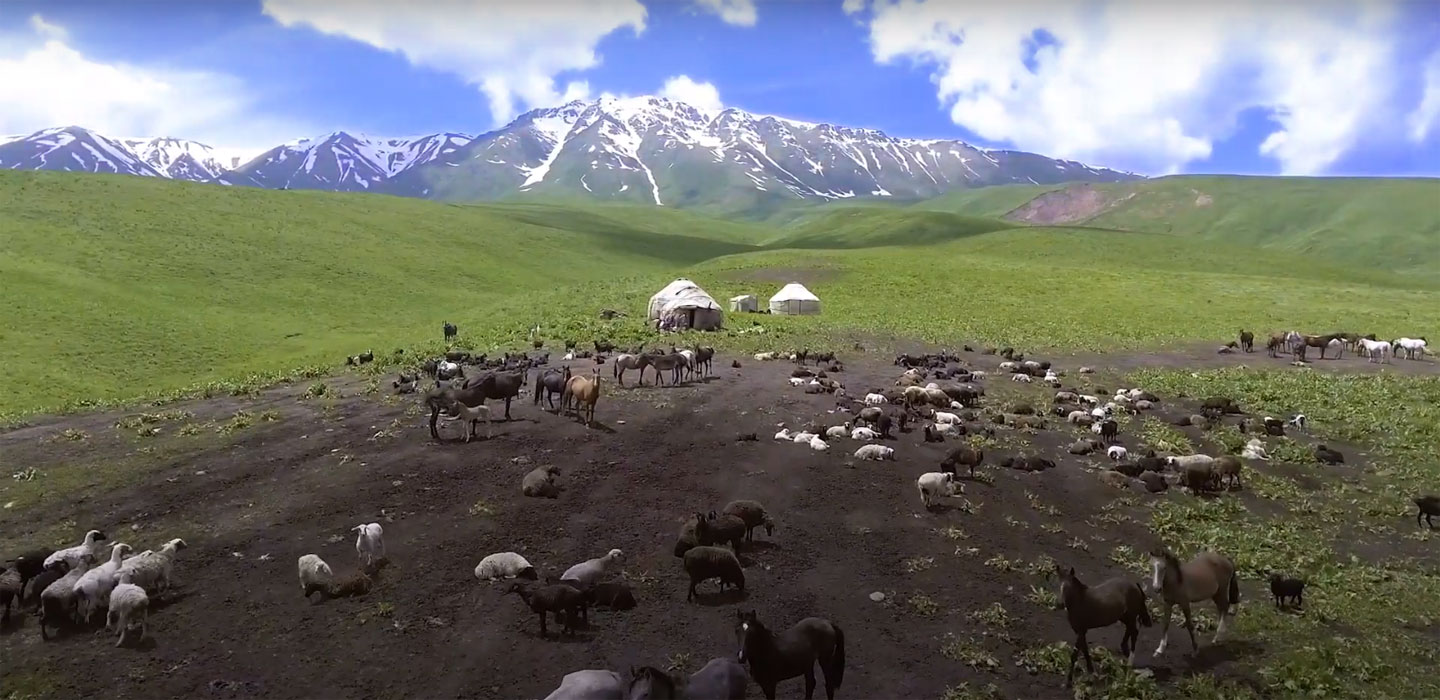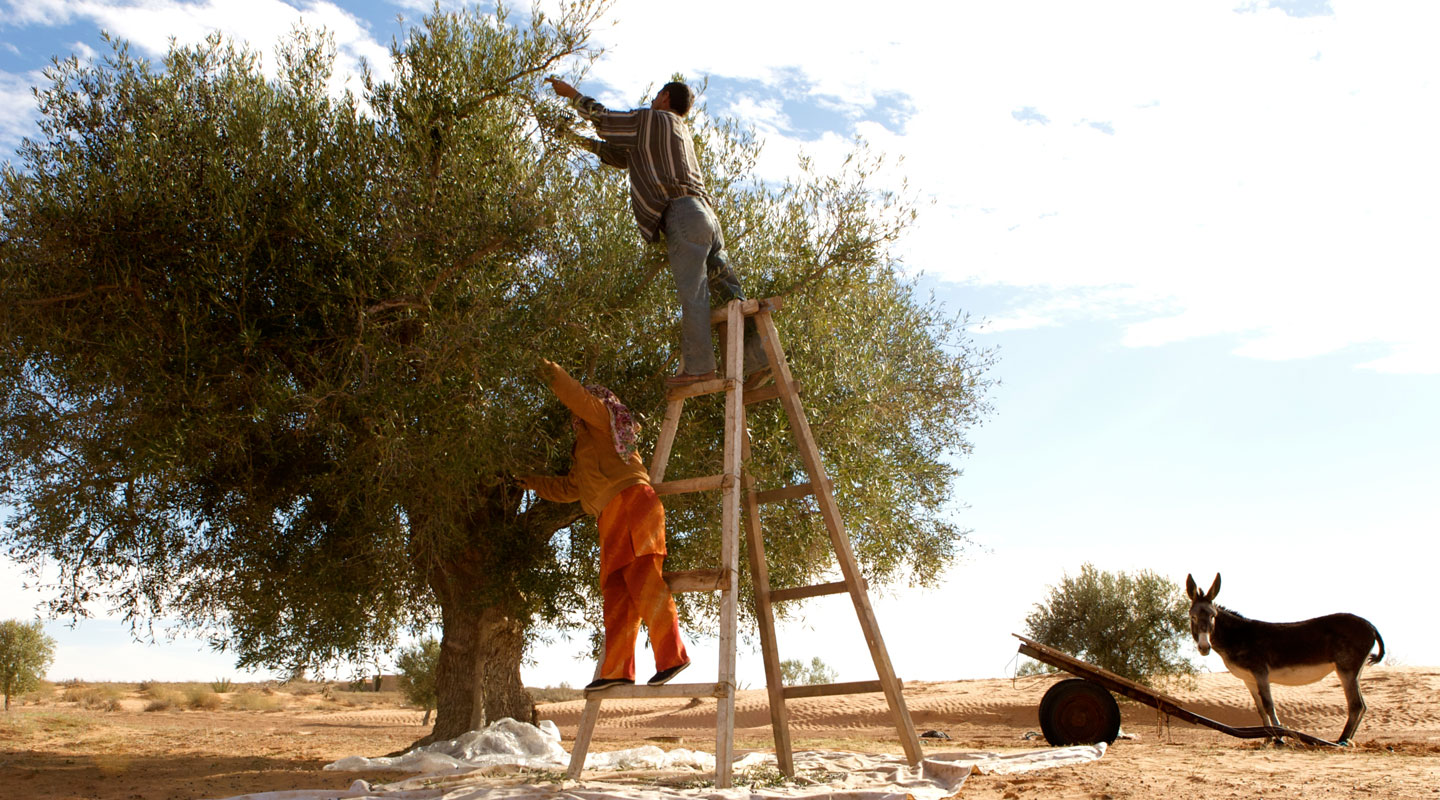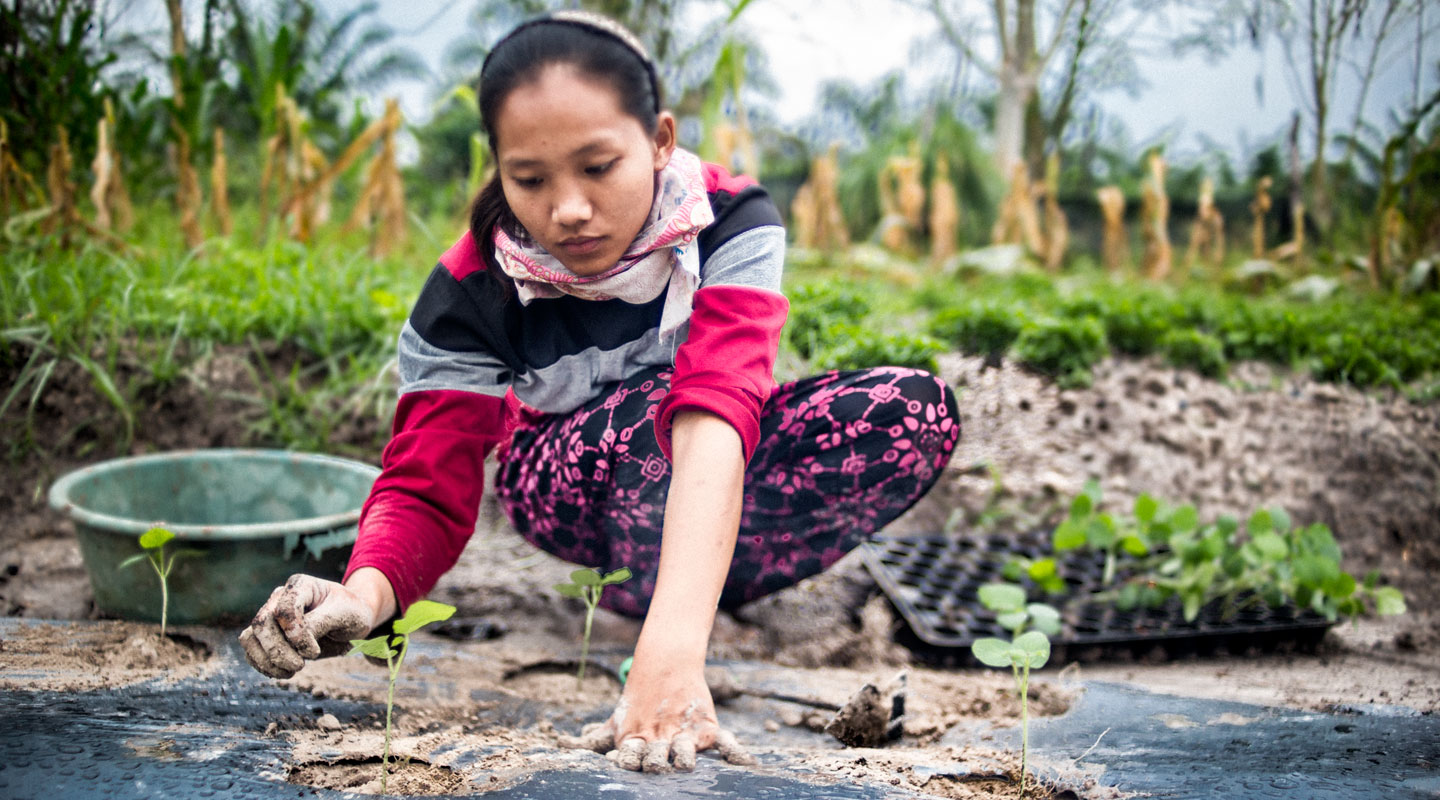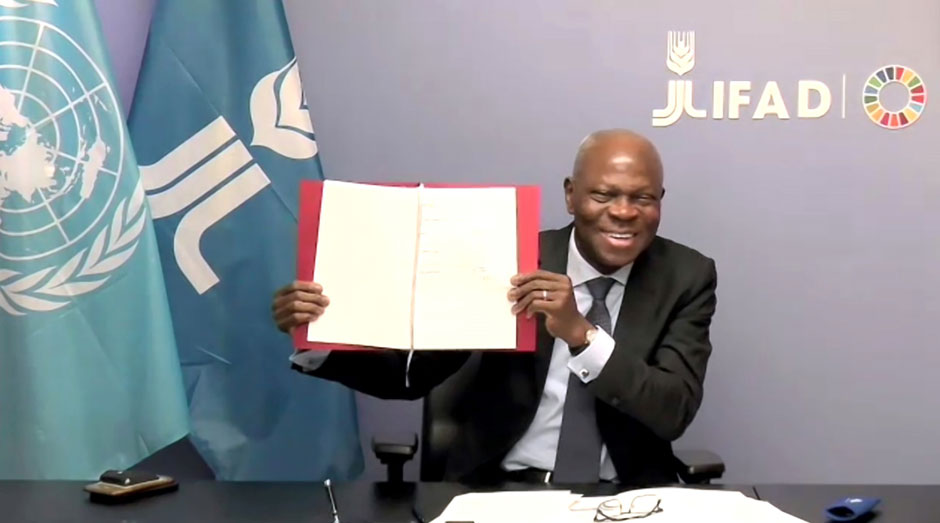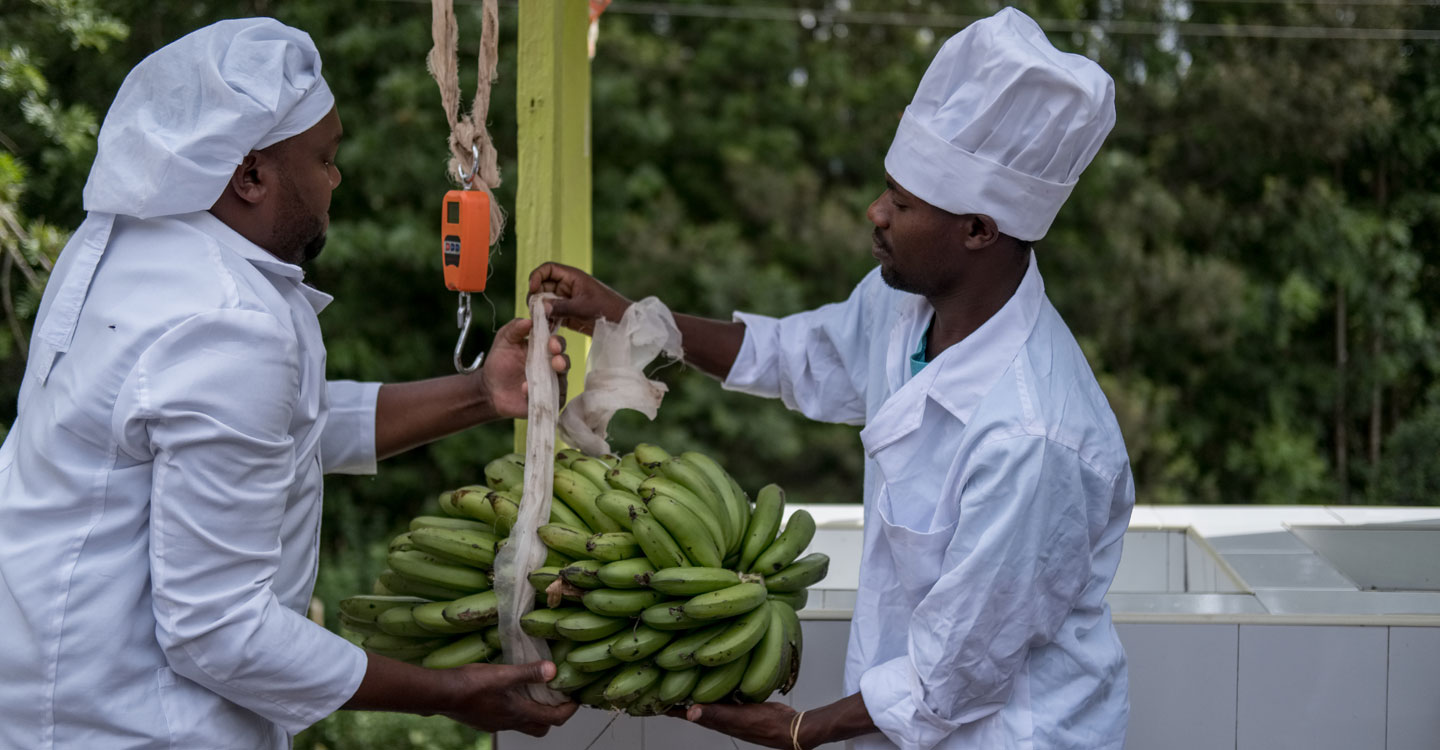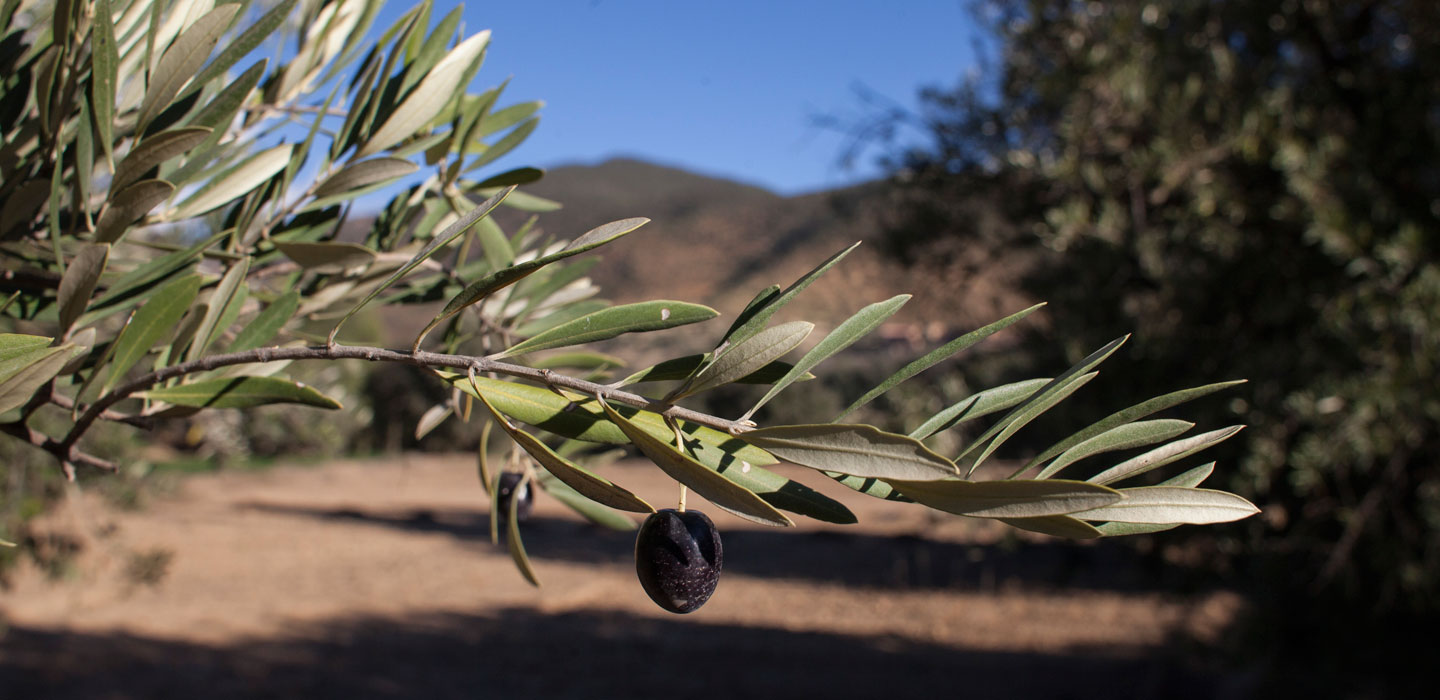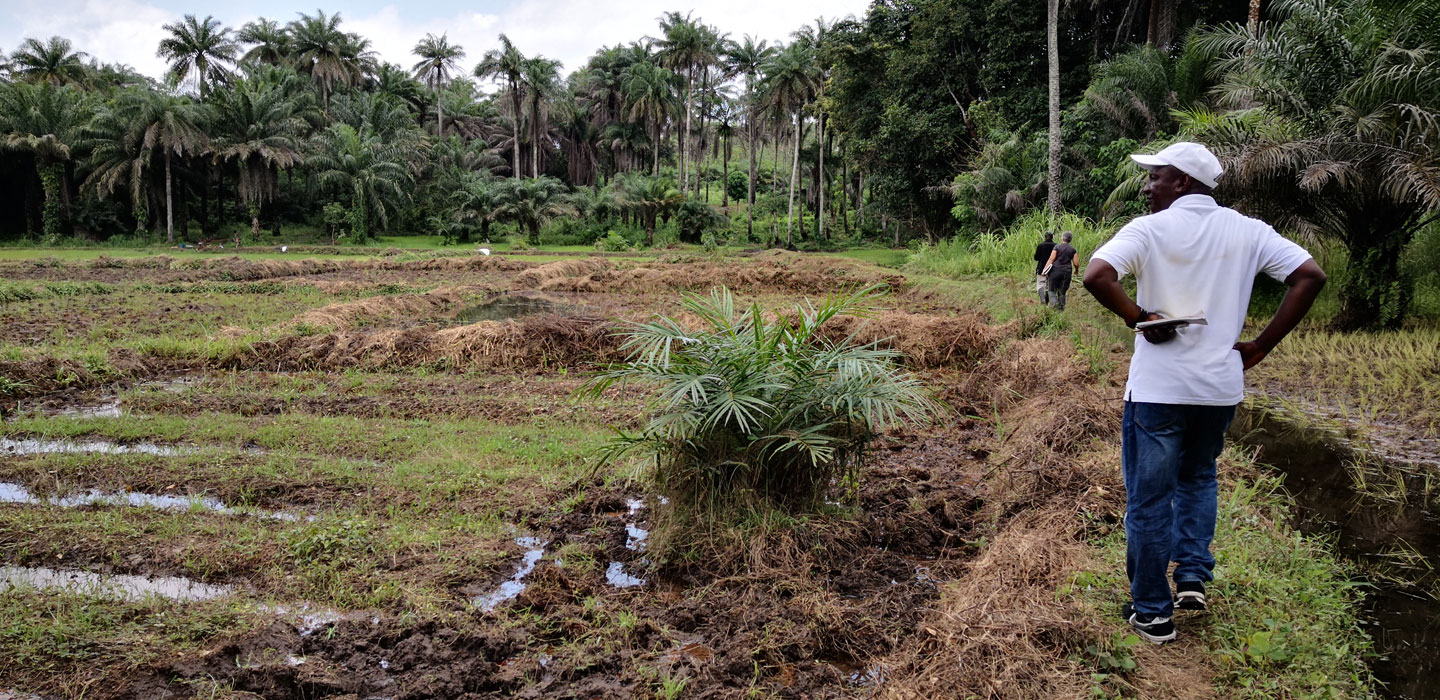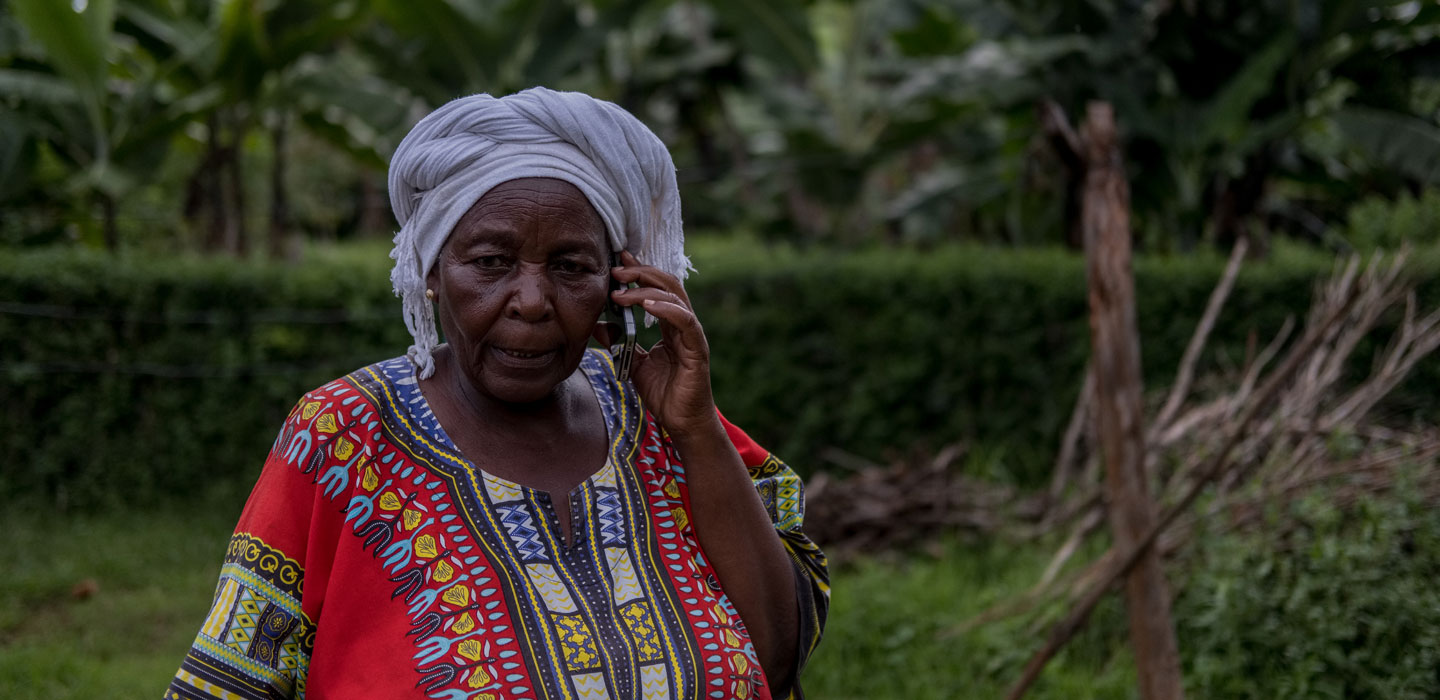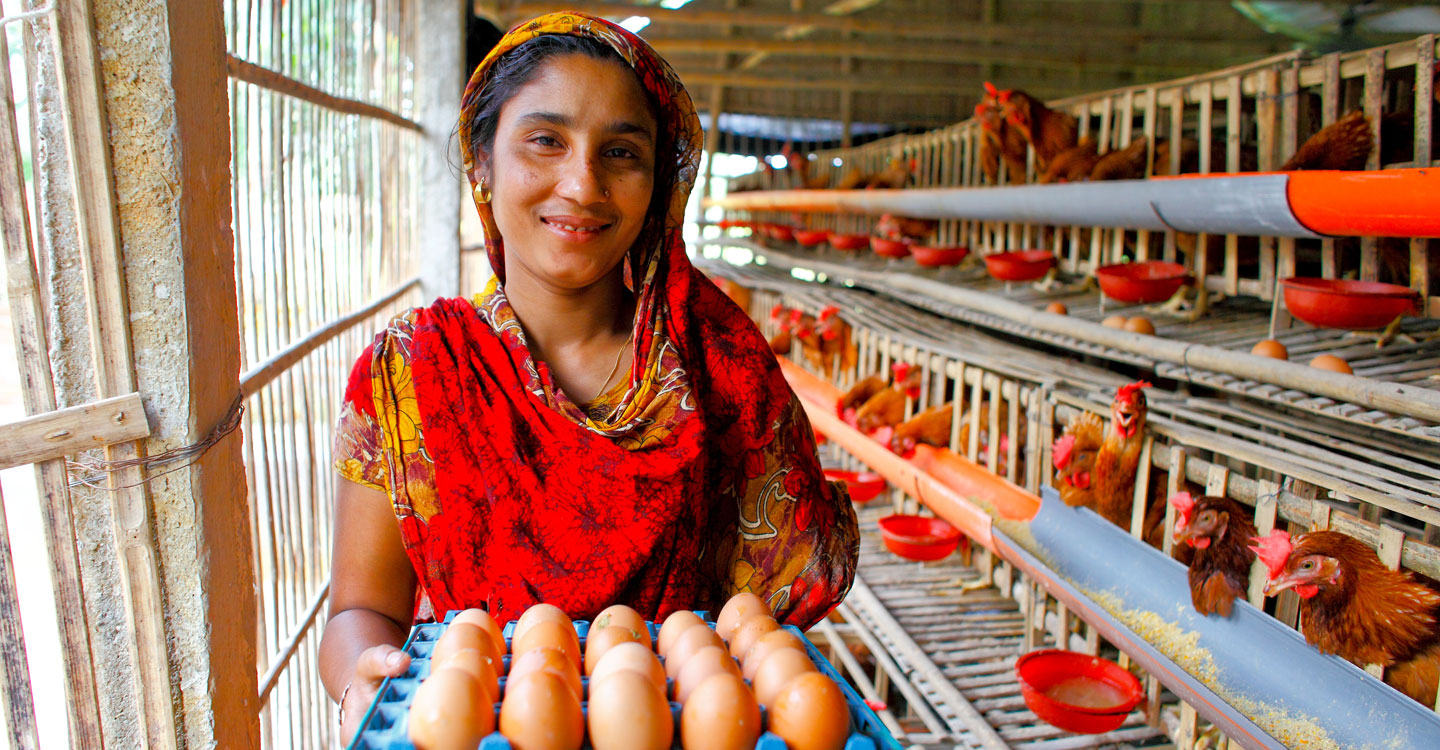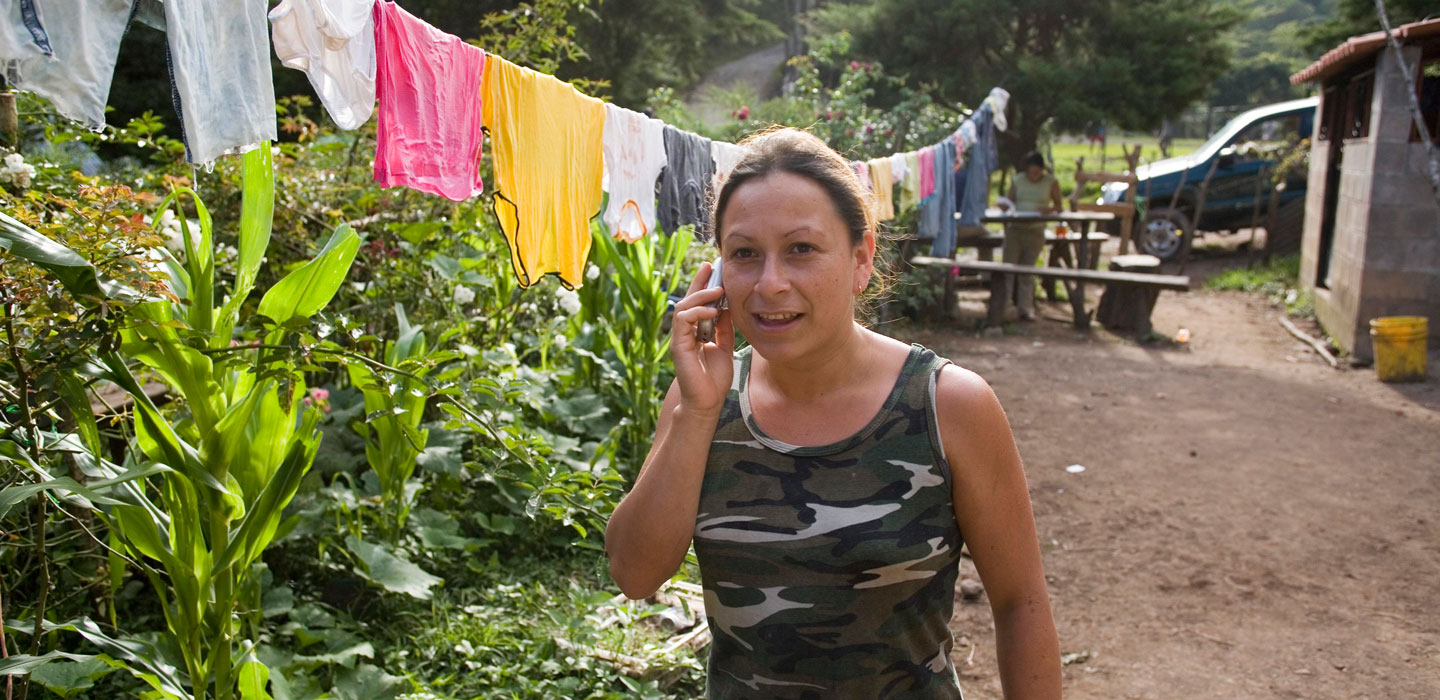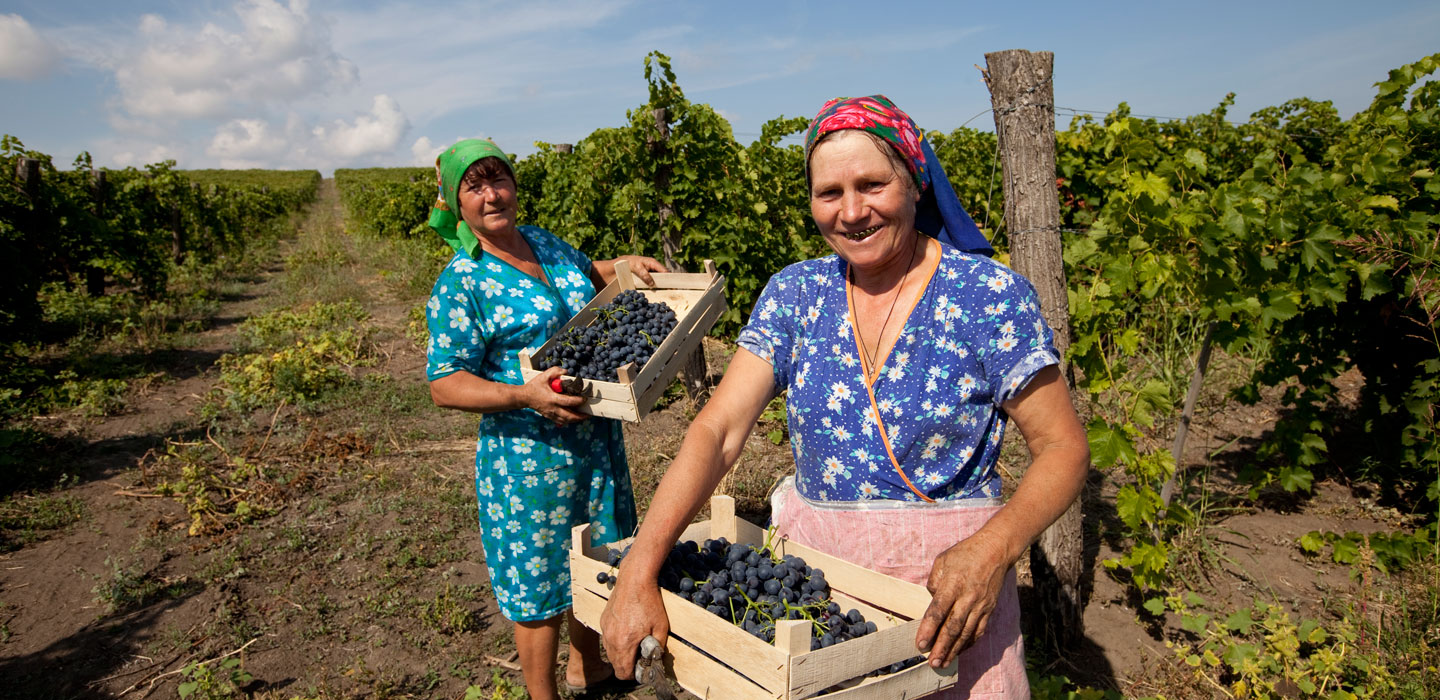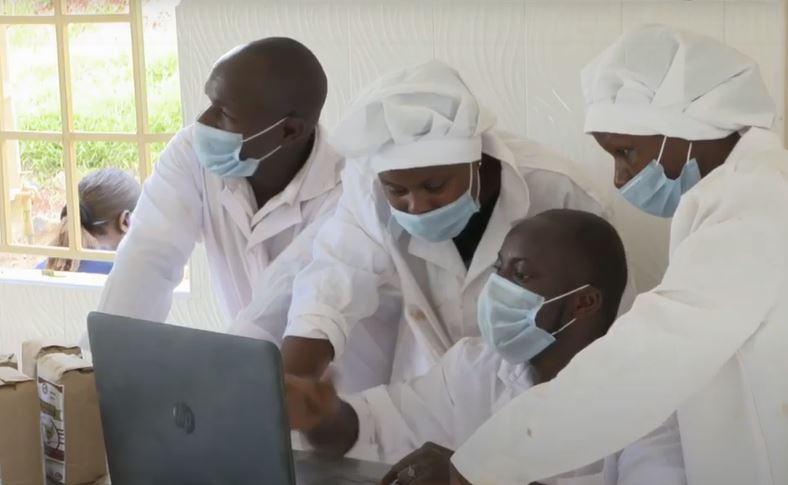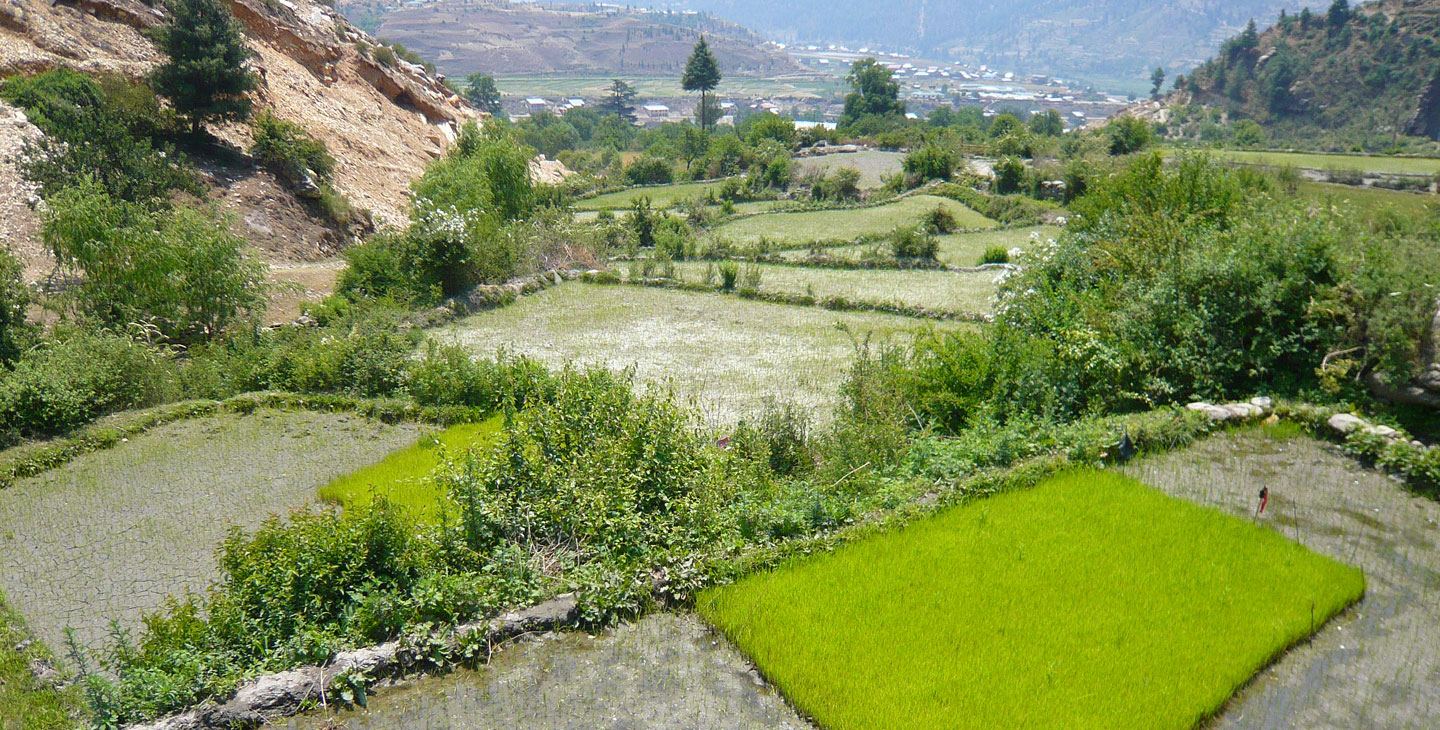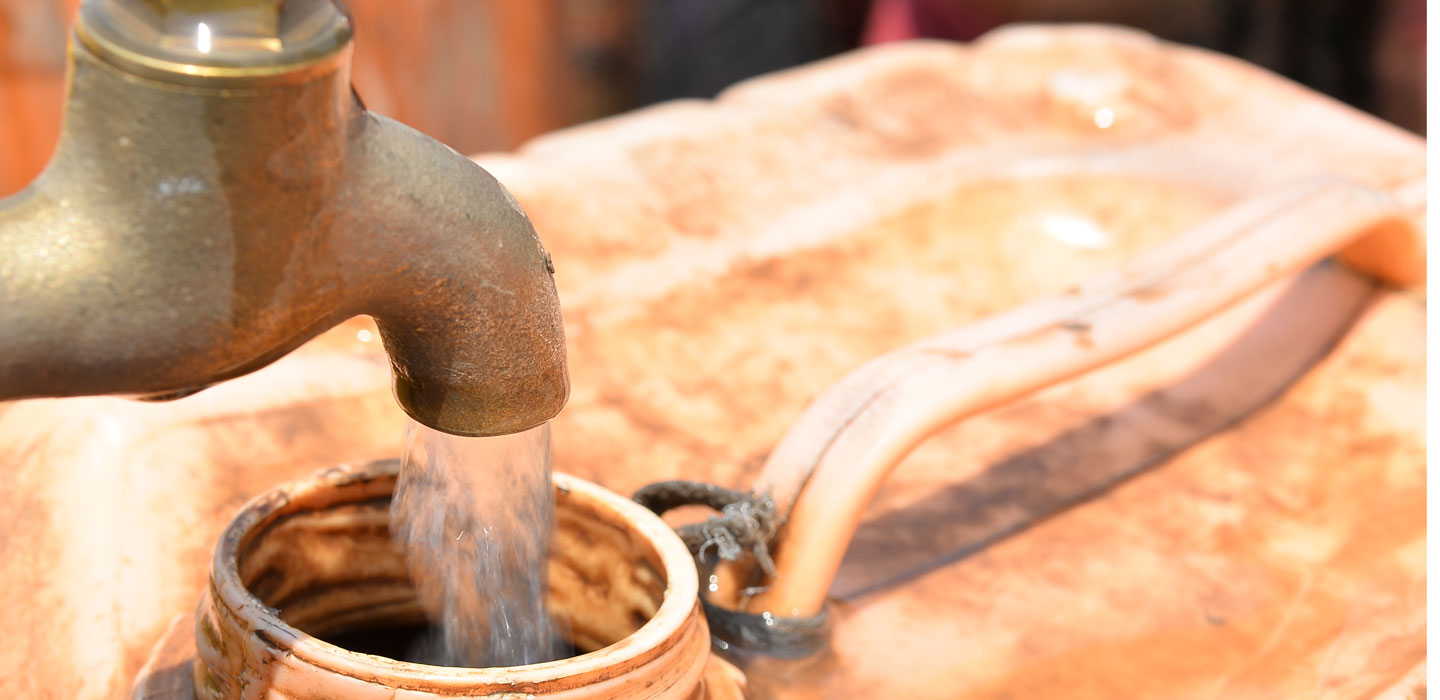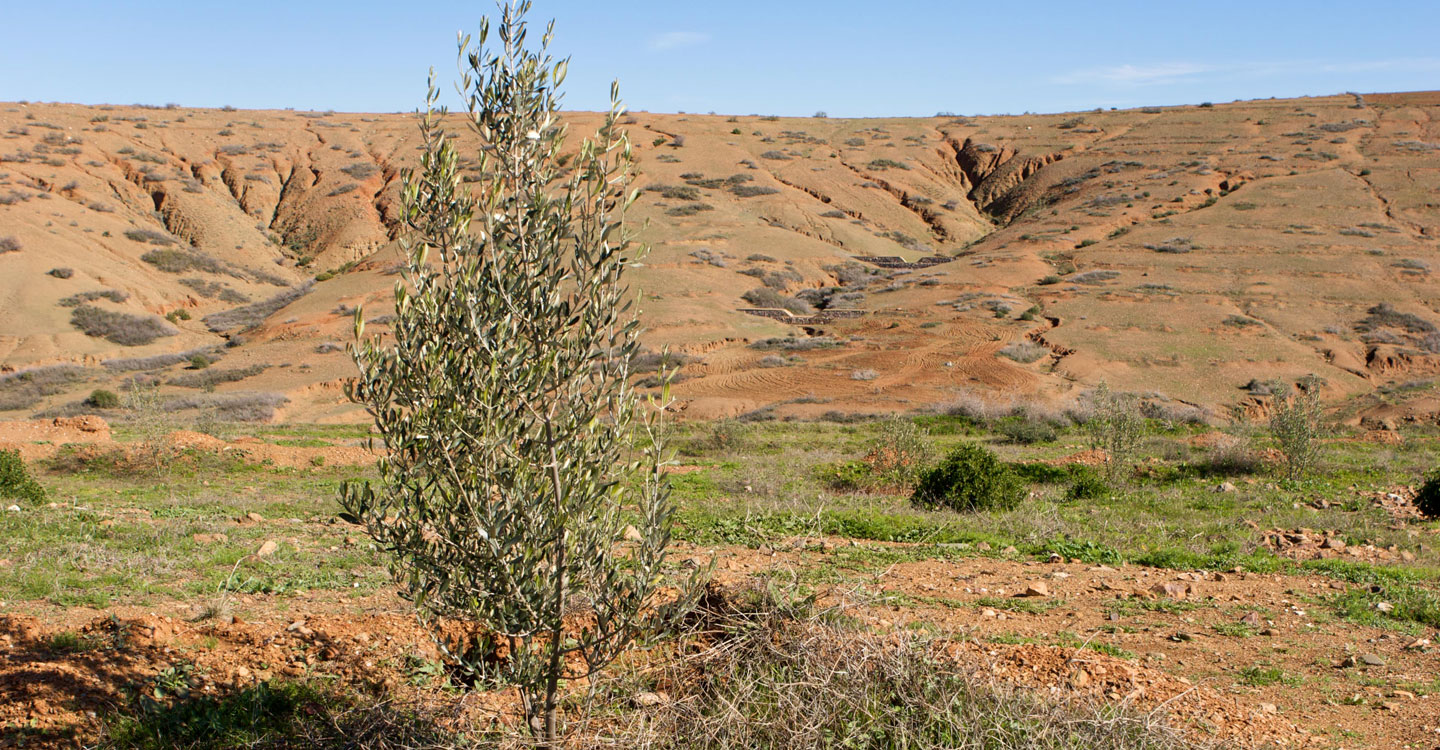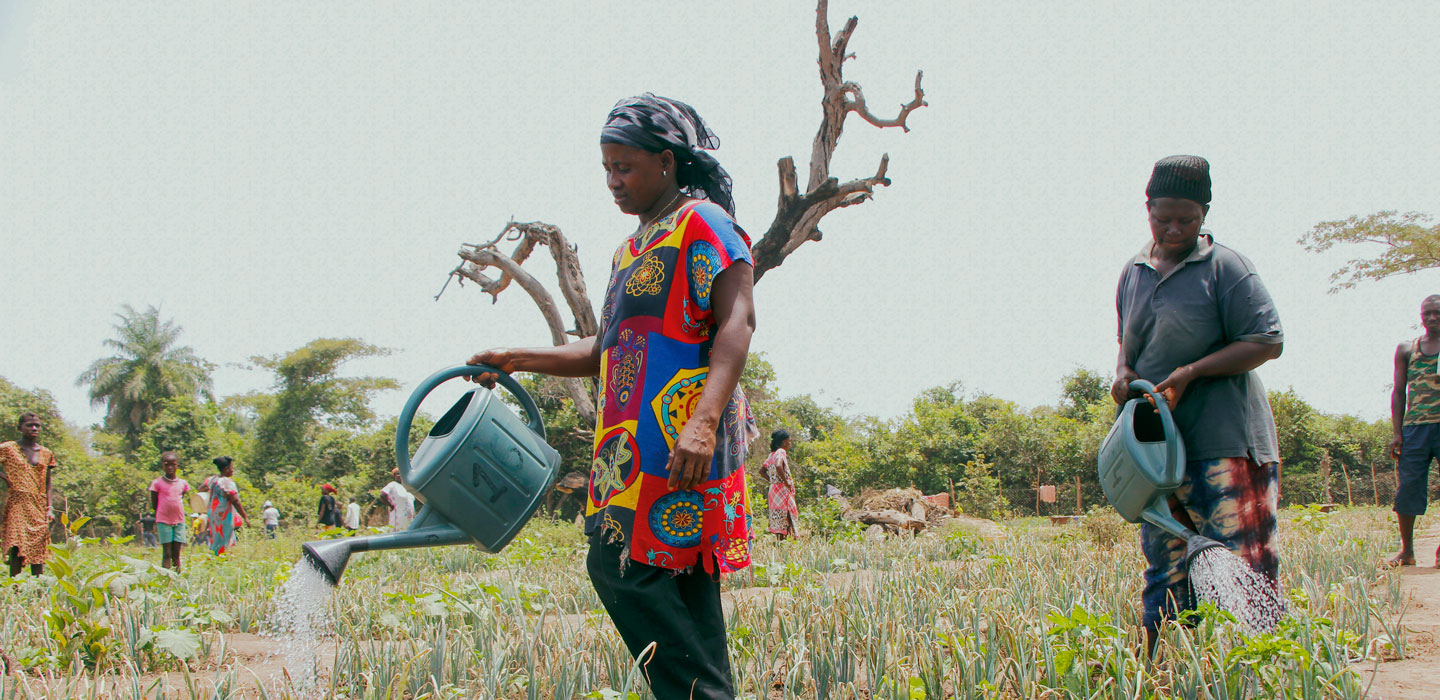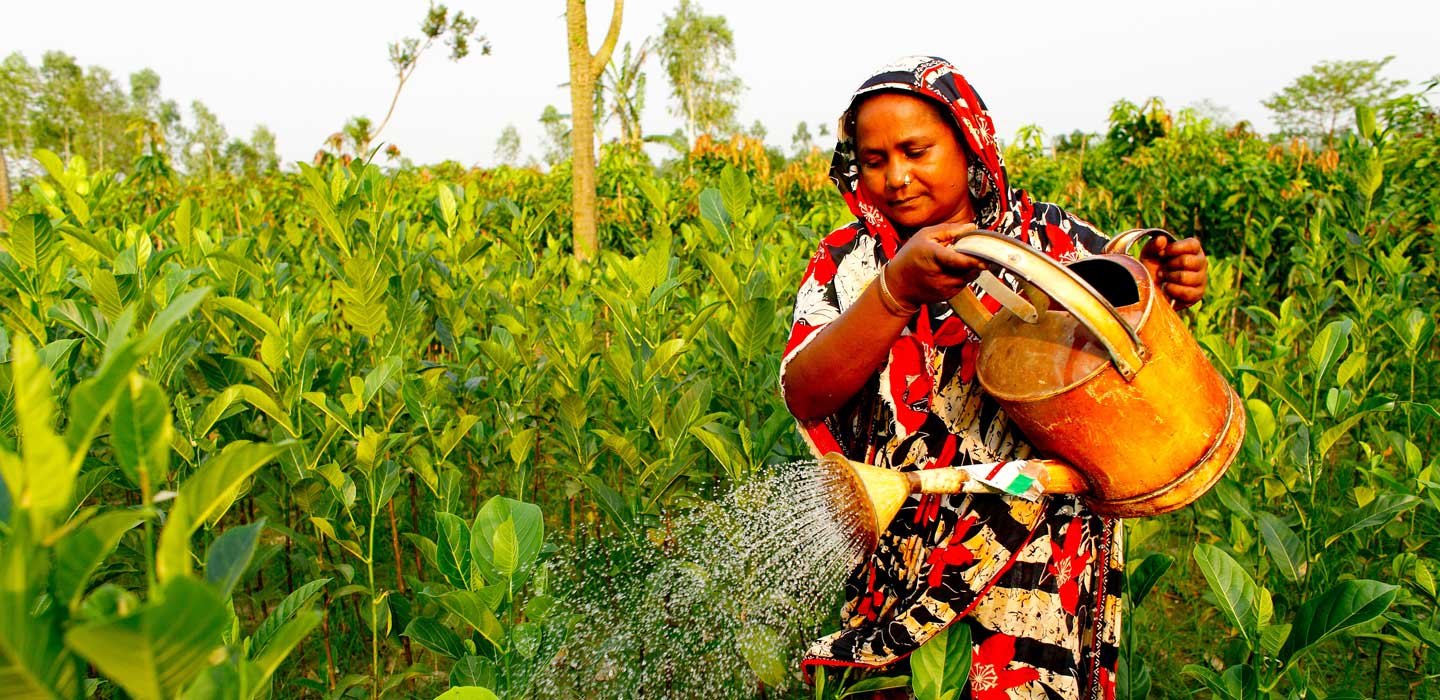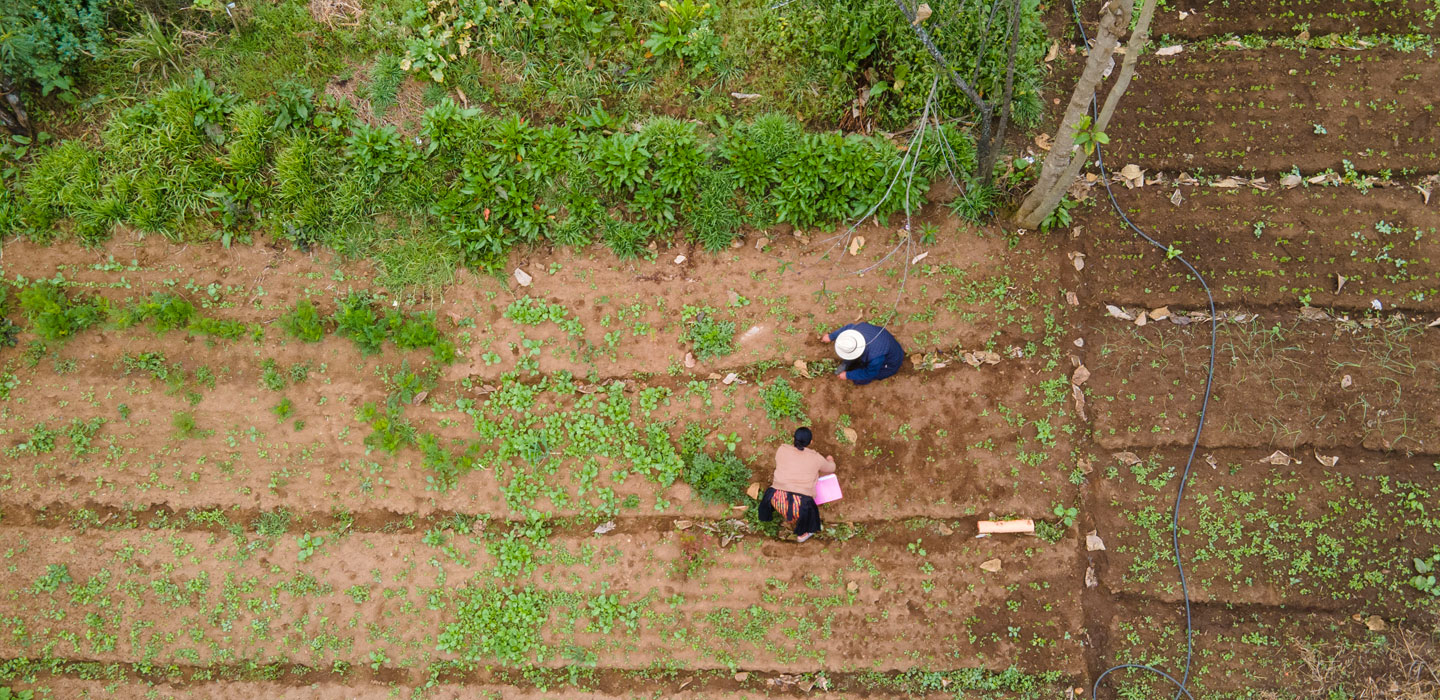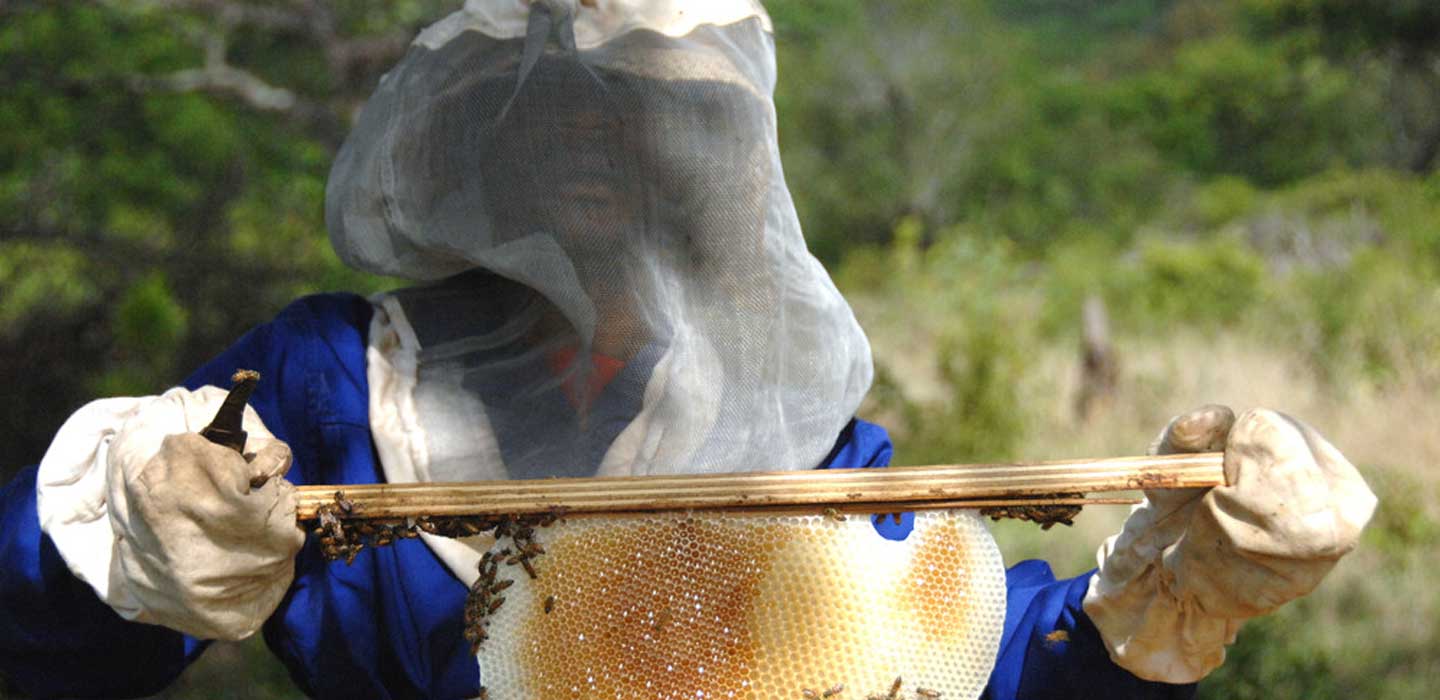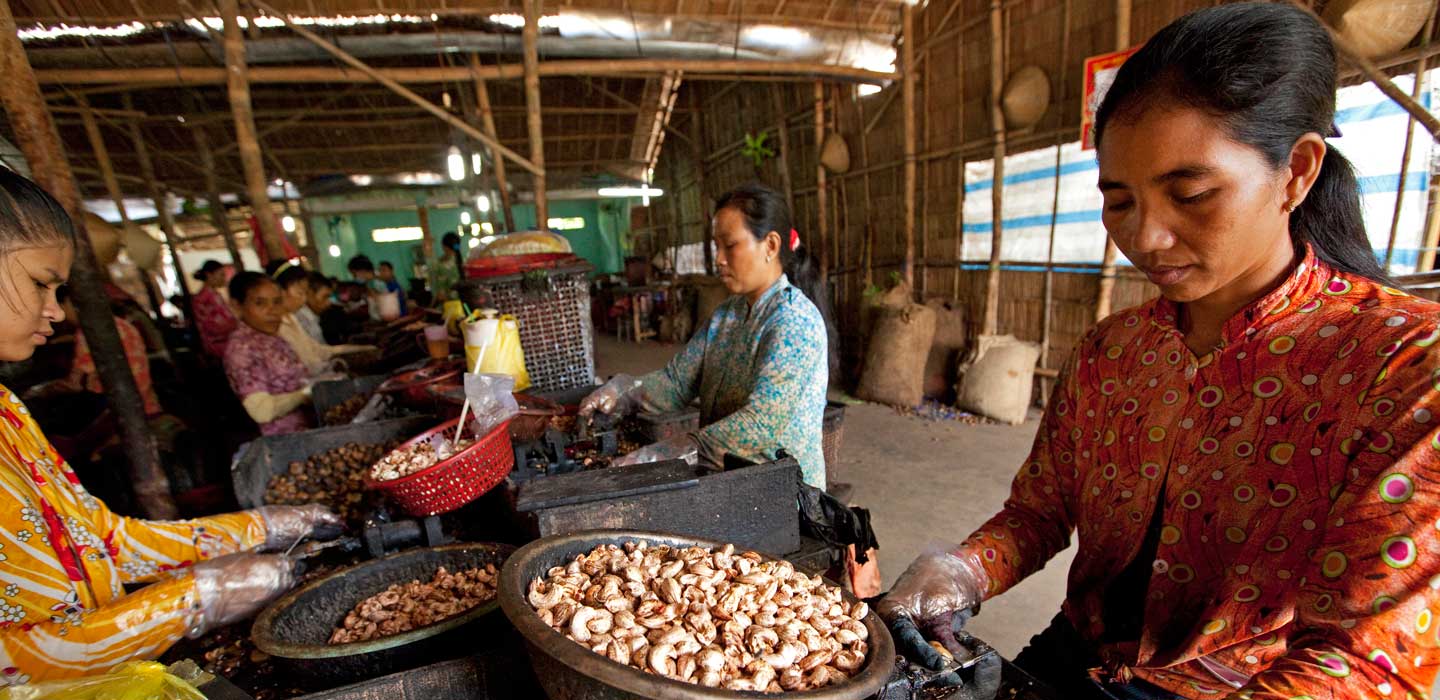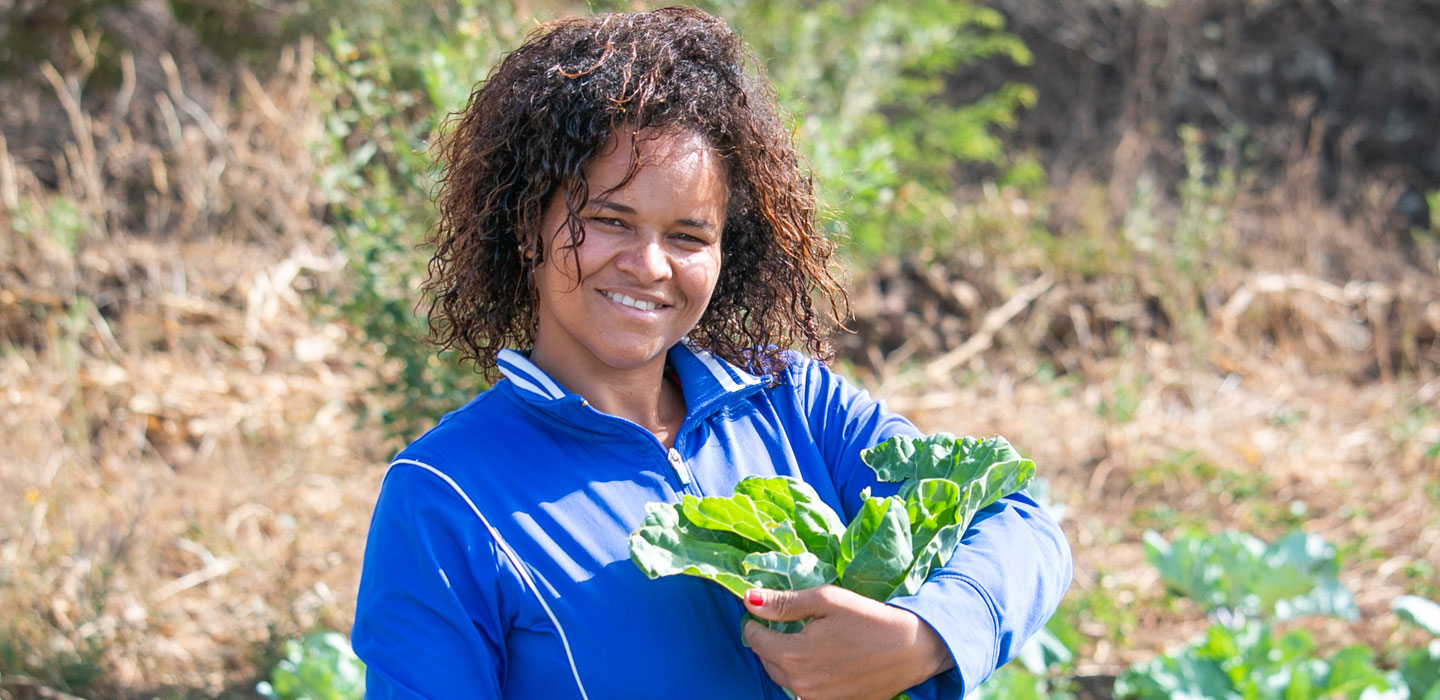Latest
Latest

Latest
Manual Submenu Topics
Search Results Filters
Search Results
IFAD first in development aid rankings – new report
IFAD has just been ranked as number one by the highly regarded and influential Quality of Official Development Assistance Report which evaluated the capacity of 49 countries and multilateral agencies to deliver impactful long-term assistance to countries in need.
Remittance flows to Kenya defy the odds during the COVID-19 pandemic
Despite the impact of the COVID-19 pandemic on wages and employment across the world, the Kenyan diaspora community continues to send money back home to their families.
Brazil's seed guardians: Securing future biodiversity with the help of the past
Brazil has always been rich in biodiversity. But in the country's semi-arid north-eastern region, extensive ranching, slash-and-burn agriculture, and uncontrolled demand for firewood have led to widespread environmental degradation of the Caatinga biome.
FAO, FIDA y PMA crean alianza de cara a la Cumbre sobre los Sistemas Alimentarios de Naciones Unidas
La FAO, el FIDA y el PMA realizarán tres diálogos en América Latina y el Caribe para buscar posturas comunes sobre desarrollo rural, agricultura resiliente al clima, alimentación escolar, comercio internacional, innovación y tecnología, y financiamiento al desarrollo.
European Union and IFAD to support Ethiopian rural financial institutions, jobs and livelihoods in the face of the COVID-19
The International Fund for Agricultural Development (IFAD) and the European Union (EU) will provide EUR26.5 million worth of liquidity and debt relief to rural financial institutions to protect jobs and safeguard livelihoods during the COVID-19 pandemic.
How innovation is helping tea growers in Sri Lanka
Sri Lanka has been a global supplier of tea since the plant was first imported to the island about a hundred and fifty years ago. Since then, tea estates have often been passed down from generation to generation, weathering good times and bad.
From Kenya: the Ogiek honey Slow Food Presidium
The entire Ogiek belief system and livelihood relies on the forest and its resources, with honey being the most important product and a staple food for Ogiek families.
Fighting climate change in Latin America and the Caribbean
Small-scale farmers are responsible for up to 80 per cent of food production in Latin American and Caribbean countries, but they are at the frontline of the fight against climate change and social injustice.
New operational guidelines for Pro-Poor Value Chain Development help IFAD reach the poorest
In Ghana, the value chain model has helped build solid relationships, showing that even the poorest can be brought into commercial value chains if extra support is provided.
Restoring ecosystem services in the Peruvian Andes
In the Andes of Peru, rural farmers are helping to restore the region’s degraded lands and improve water security.
South Sudan small-scale producers receive support from IFAD to safeguard their livelihoods in the face of the COVID-19 crisis
IFAD will provide much needed funding to assist 23,900 vulnerable rural people (4,780 households) in the Republic of South Sudan. The IFAD grant will help reduce the impact of the COVID-19 pandemic on their farming activities and safeguard their livelihoods.
Tanzania and IFAD partner to boost productivity, improve food security and build resilience of small-scale farmers in the face of the climate change
A US$77.4 million project signed by IFAD and the Government of the United Republic of Tanzania will bring much needed help to 260,000 rural households facing the impacts of climate change.
How to change a life: Household mentoring makes a difference in northern Uganda
They say that leaders aren’t born, but made. That’s certainly true for Molly Ajok.
Call for proposals: Grant to strengthen borrowers’ capacity on environmental, social and climate best practices
This call for proposals is to select a recipient or consortium of recipients to receive a three-year IFAD grant financing to implement the SUSTAIN project for a total IFAD grant of US$2 million.
Interview with Recipes for Change Chef Roy Caceres
"A passion for work is the fundamental ingredient of cooking."
Spearheading South-South and Triangular Cooperation with partners in Asia
Cooperation among the global south, i.e., South-South and Triangular Cooperation (SSTC), is an integral part of international cooperation, and complements the traditional North-South Cooperation in development assistance.
In Nicaragua, coffee and cocoa make life sweeter
NICADAPTA works closely with producer cooperatives to help them sustainably access coffee and cocoa markets. The results are making life not only sweeter, but also better.
School meals in Guatemala - making food systems work
Guatemala has the fourth highest rate of malnutrition in the world where over 50 per cent of children under five are stunted. Many children do not get enough nutritious food, and often came to school hungry.
Small-scale farmers in remote areas of Haiti receive help for food production and COVID-19
The Government of Haiti and IFAD today signed a financing agreement for a project that will help Haitian farmers recover from the impact of Covid-19 and increase staple food production.
Development banks, institutions pledge US$17 billion to increase food security in Africa
A coalition of multilateral development banks and development partners has pledged over US$17 billion in financing on Friday during a high-level forum, in a bold bid to address rising hunger on the African continent and to improve food security.
Second round of National Calls for Proposals (Kenya and Uganda): Supporting remittances in times of crisis in Africa
The Financing Facility for Remittances of IFAD is pleased to announce the second round of National Calls for Proposals (Kenya, Uganda) 2021: supporting remittances in times of crisis in Africa.
African Development Bank, IFAD and partners redouble efforts to stop hunger in Africa and strengthen food security
The African Development Bank and the International Fund for Agricultural Development (IFAD), in partnership with the Forum for Agricultural Research in Africa (FARA) and the CGIAR System Organization, today pledged to work closely with African leaders to address rising hunger on the continent and shore up adequate financing to transform and modernize Africa’s food production.
Building climate resilient agriculture
Those who have the most to lose as a consequence of climate change are poor rural people, especially smallholders who rely on agriculture for survival.
Boosting food security in the Pacific with innovative technologies
Who could have predicted that two innovative mobile applications, each the winner of a Pacific Agrihack Lab grant in late 2018, would go on to make a difference in the lives of Pacific Islanders during the pandemic?
The Maasai of Kenya and the Red Maasai sheep slow food presidium
The rights of indigenous peoples to control their land according to their own needs and decisions is fundamental to protect their livelihoods and defend the biodiversity of native animal breeds and plant varieties.
Struggle, strength and wisdom: Snapshots of Bangladesh’s women farmers
The story of agriculture in Bangladesh is also a story of the resilience of Bangladeshi women. If women have the chance to participate in decision-making, the whole community benefits.
Farming, COVID, and Farmers’ Mental Health - Episode 19
We begin this month’s episode with the latest from IFAD’s Associate Vice-President Donal Brown on how small-scale farmers are dealing with the COVID-19 crisis.
What we are reading on food systems
As we approach the UN Food Systems Summit here are some suggested reads on transforming our food systems for people, and planet.
Feeding Africa: Leadership to Scale up Successful Innovations
The African Development Bank and IFAD, in partnership with the Forum for Agricultural Research in Africa (FARA) and the CGIAR System Organization, will co-host a high-level dialogue: Feeding Africa: leadership to scale up successful innovations.
In Kyrgyzstan, new technology preserves age-old pastures
Urmatbek Omurbekov remembers a time when grazing his livestock was a purely offline affair. Every spring, herders like him would bring their animals to the foothills of the majestic Tian Shah Mountains to let them fatten up for the next winter.
IFAD-BRAC collaboration empowers rural people to build their climate resilience
People in rural areas, especially small-scale farmers, are among those most affected by climate change. The shifting climate has made weather patterns more unpredictable and weather-related events more extreme.
Potential game-changing systemic solutions for the UN Food Systems Summit: Advancing equitable livelihoods
The UN Food System Summit’s Action Tracks offer a space to share and learn, with a view to fostering new actions and partnerships and amplifying existing initiatives. Each of the five Action Tracks is aligned with one of the Summit’s five objectives.
IFAD and the Islamic Development Bank commit $500 million to address hunger and climate change in poor rural communities
Joining forces to tackle rising hunger and the devastating impact of climate change in some of the world’s most vulnerable countries, IFAD and IsDB today signed a US$500 million cooperation and cofinancing agreement.
Kenya: All the ingredients for a successful banana processing factory
Take some young entrepreneurs, add some modern equipment and training supported by IFAD and the Kenyan Government, spread the word using digital marketing, and you have all the ingredients for a successful banana processing factory.
The promises the olive grove holds: Fadieh’s story
Growing olive trees in Jordan, one of the driest countries in the world, isn’t easy. Every day, Fadieh and her family spend hours tilling the soil and tending to the trees, but the most demanding task is keeping the trees hydrated.
Fighting fires with rice paddies in Sierra Leone
Farmers in Sierra Leone have shifted from slash-and-burn cultivation to rice cultivation in inland swamps. That is reducing the number of forest fires, a GIS study has shown.
Digital information service helps small-scale farmers respond to COVID-19
The Kenya National Farmers’ Federation is implementing a mobile information platform to serve its members and other Kenyan farmers.
Small-scale Farmers Developing Resilience to COVID-19 - Episode 18
In this episode, we bring you the latest on how small-scale farmers are dealing with the COVID-19 crisis.
New investment in digital solutions will connect Latin American farmers to markets and banking services in response to COVID-19 restrictions
More than 10,000 family farmers in Latin America will soon have access to digital solutions to overcome the obstacles they face in accessing markets and financing due to the consequences of the COVID-19 pandemic.
Helping remittances reach rural areas in Moldova
For some time now, it has been difficult to find well-paid work in Moldova. Most of the good jobs available are concentrated in the cities, resulting in significant migration out of the country’s rural areas.
The China-IFAD South-South and Triangular Cooperation Facility: Leveraging SSTC for rural development
To accelerate rural poverty alleviation, enhance rural productivity, and advance rural transformation through South-South and Triangular Cooperation, the China-IFAD SSTC Facility was established in 2018, becoming the first Facility in IFAD dedicated to SSTC.
Drought-tolerant rice varieties benefit farmers even in non-drought years
Farmers that lack irrigation and rely on rainfed production are particularly vulnerable to drought. Fortunately, agricultural technologies, such as stress-tolerant rice varieties (STRVs), can help them adapt to climate change.
Making every drop count: Saving water and rural livelihoods
Until recently, every time Fatima Hassan Mohamed needed water to wash, cook, or drink, the mother of five had to set out on foot. The nearest water source was more than 20 kilometers away.
Restoring Morocco’s mountain ecosystems with reforestation
In many areas of rural Morocco, climate change has led to widespread erosion and desertification, causing steep declines in soil quality. This makes farmland less productive, endangering the livelihoods of the area’s small-scale farmers.
Why water is crucial for sustainable food systems
Enhancing irrigation efficiency is not a priority in policy agendas, being overshadowed by the global issue of access to drinking water and sanitation.
Italy to set the stage for UN Food Systems Summit with three-day event that will deliver bold new ambitions
The United Nations and the Government of Italy announced today that the Pre-Summit gathering for the 2021 UN Food Systems Summit will be in Rome, Italy from July 19 to July 21, 2021.
Linking families, farms and schools in Guatemala
Many Guatemalans struggle with hunger and food insecurity, especially the nation’s children. In too many cases, lack of access to adequate food leaves children feeling weak and unable to concentrate in school, complicating both their physical and intellectual growth.
IFAD-GEF–supported project in Eswatini scoops the 2020 Biodiversity Award
The IFAD- and GEF-supported Smallholder Market-led Project (SMLP-CSARL) recently received the Biodiversity Award at Eswatini’s 2020 Temvelo Climate Awards.
Targeting hunger by transforming food system through South-South Cooperation
Through South-South Cooperation, IFAD is tapping into existing expertise, skills, capacities, and solutions to address the effects of COVID-19 pandemic and other challenges on rural populations.
The power of options
Like other women on Santiago, the largest island of Cabo Verde, Maria Lizita Varela used to rely on sand extraction as a source of income. It was thankless, dangerous work.
